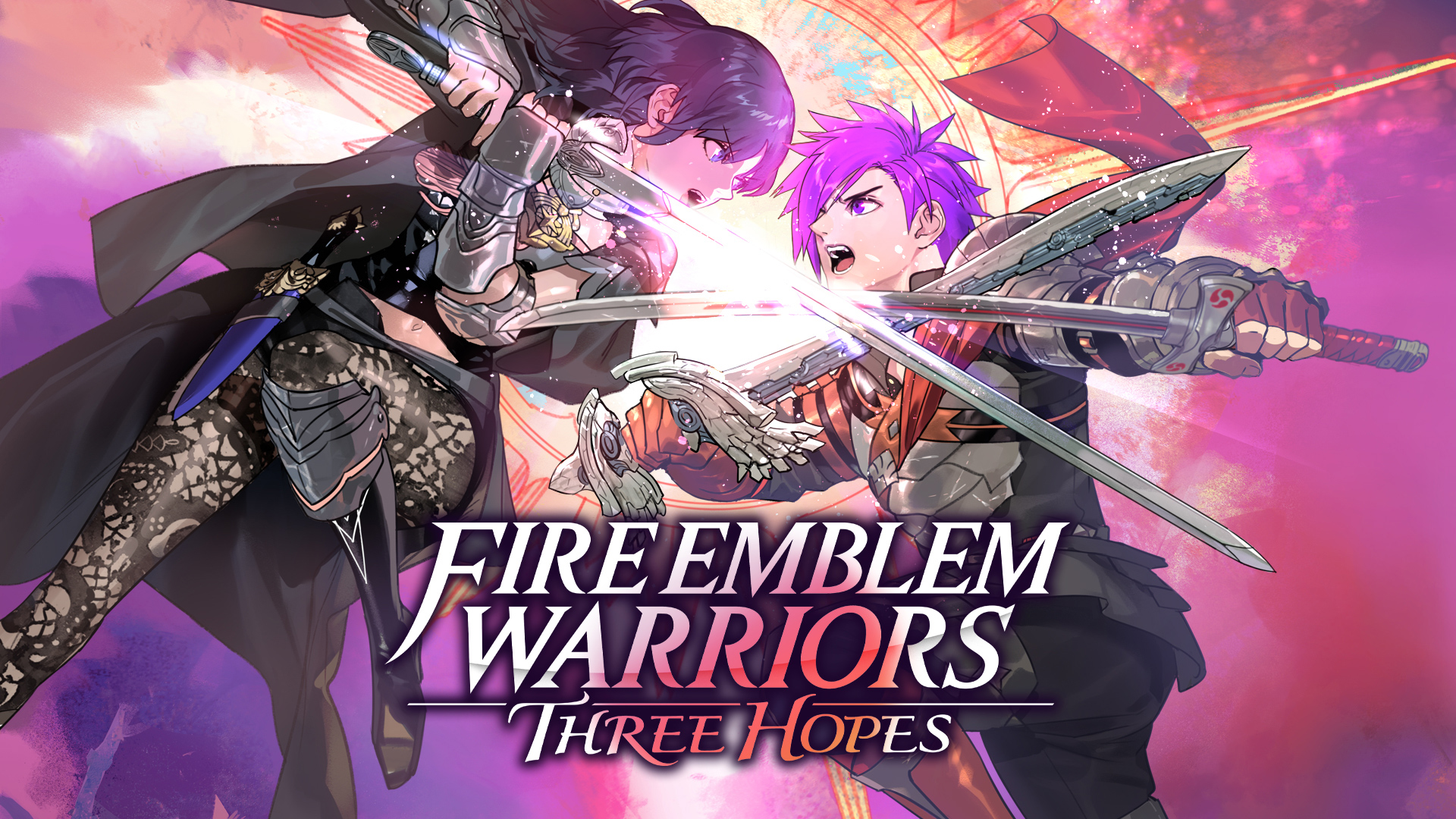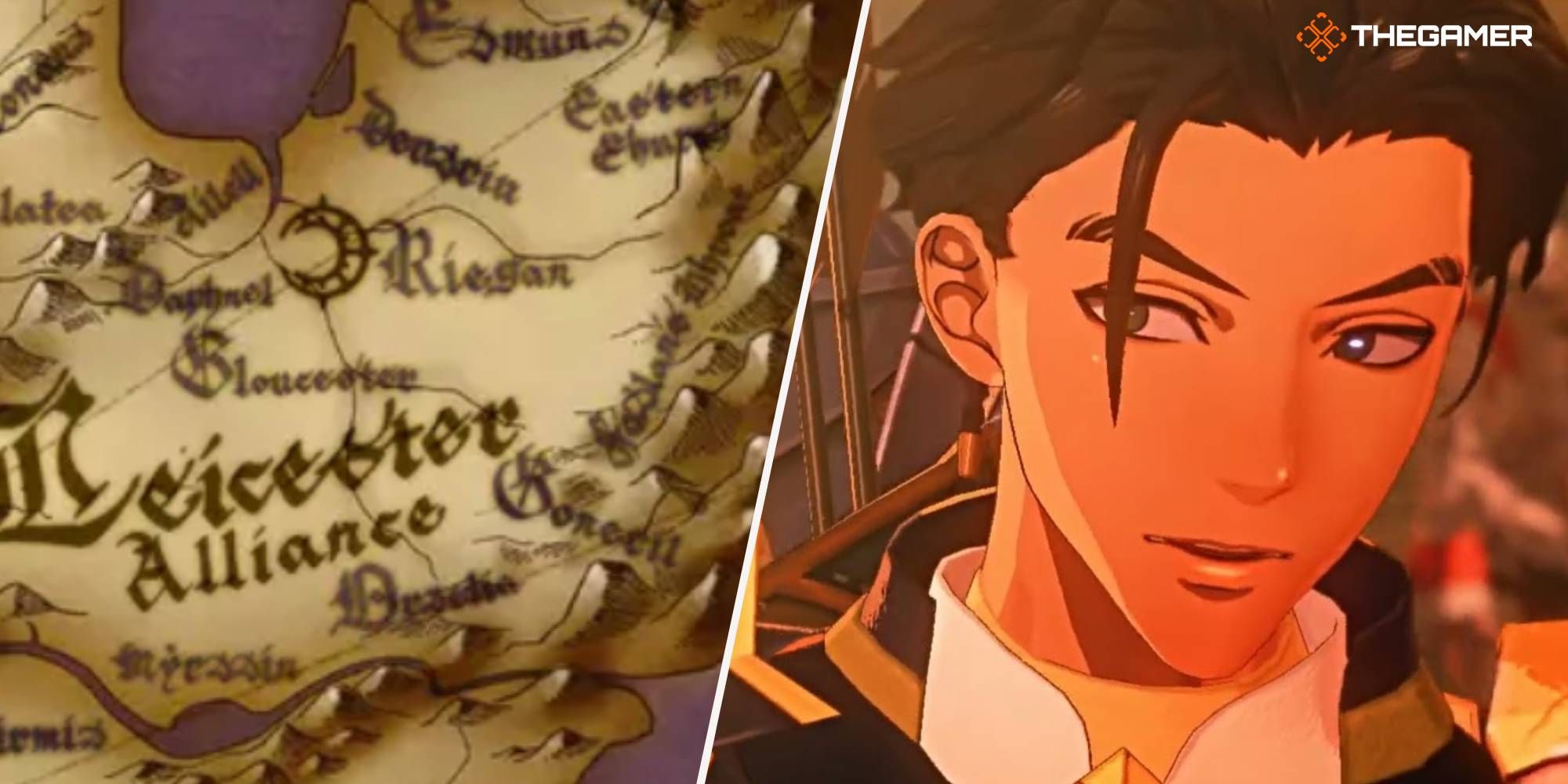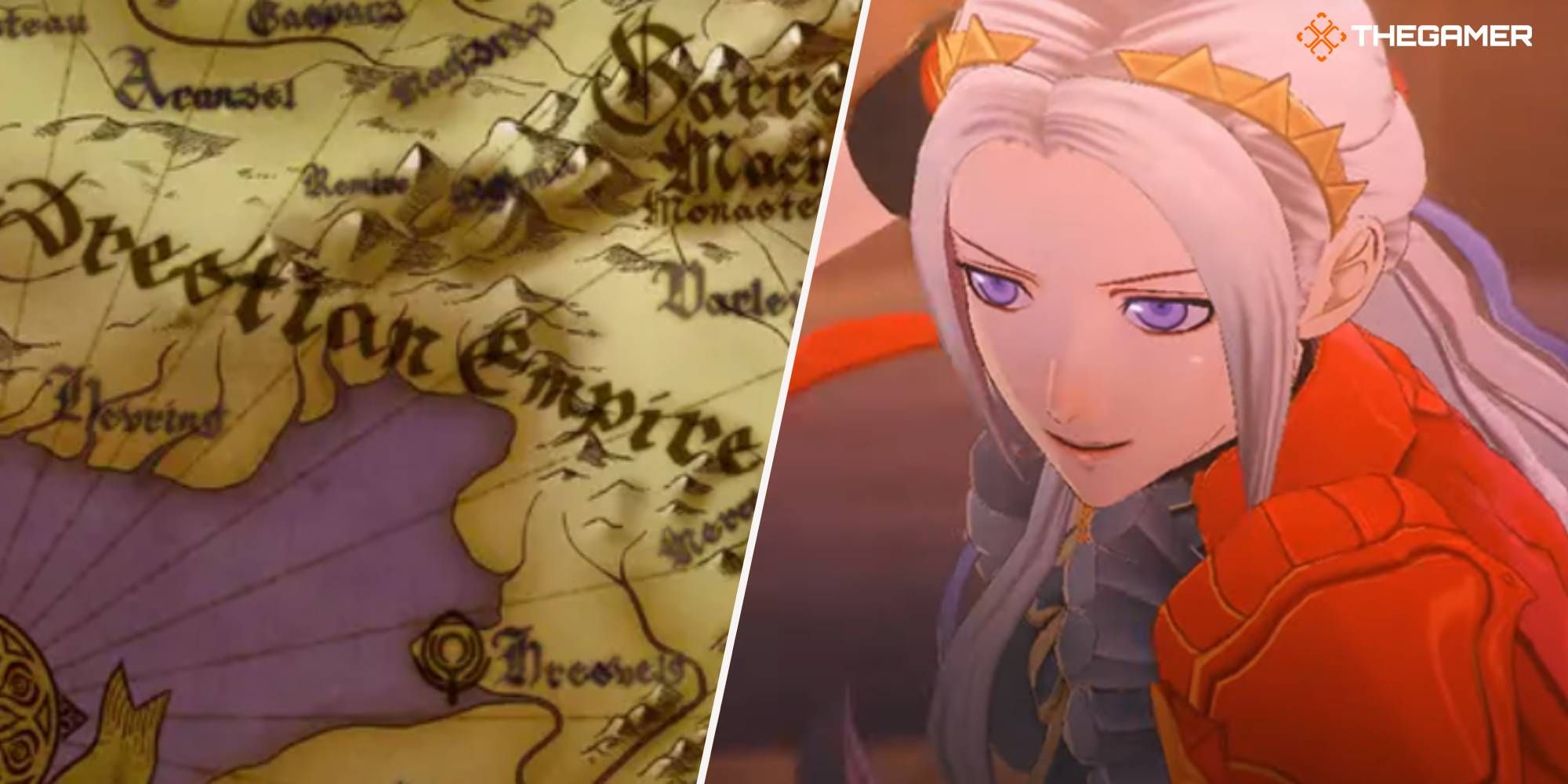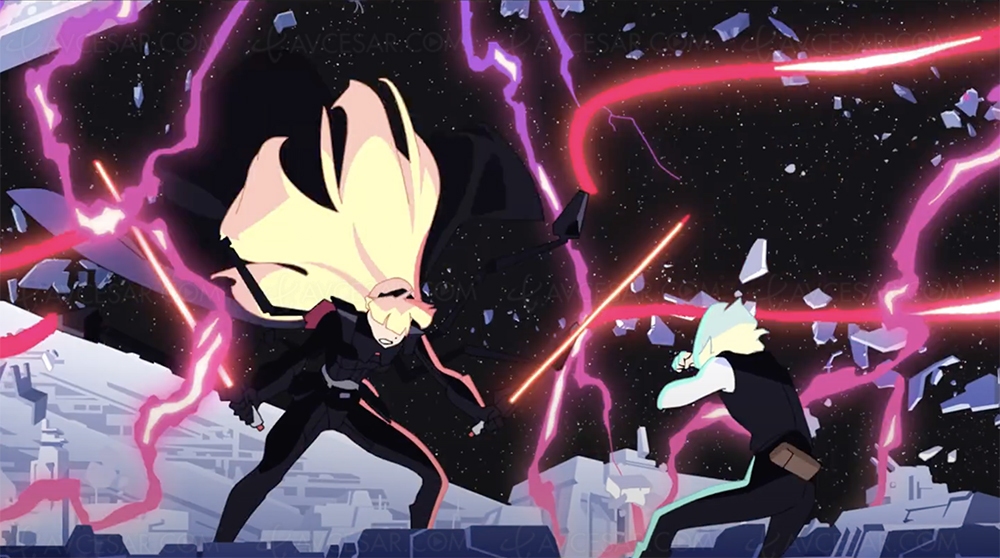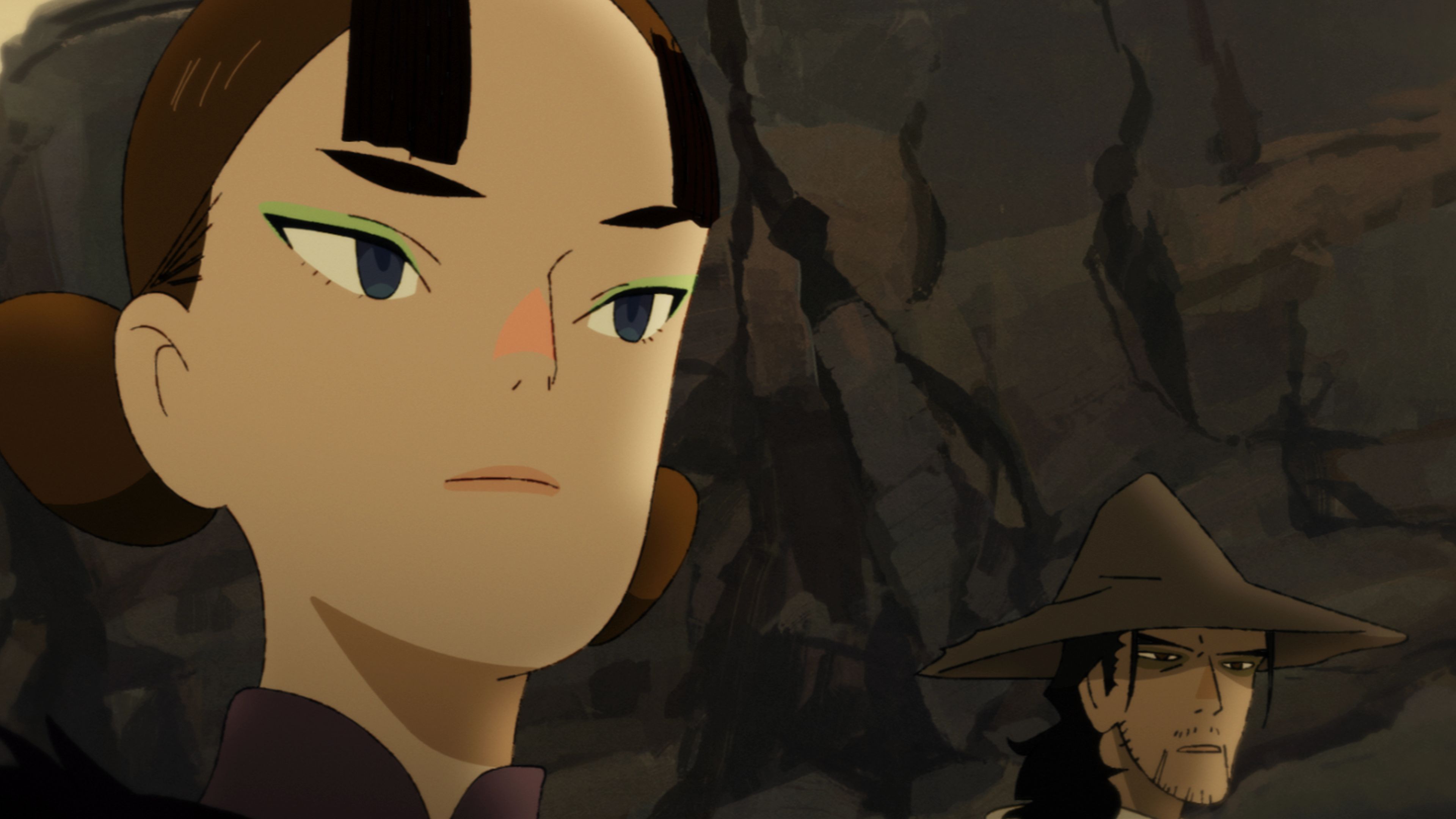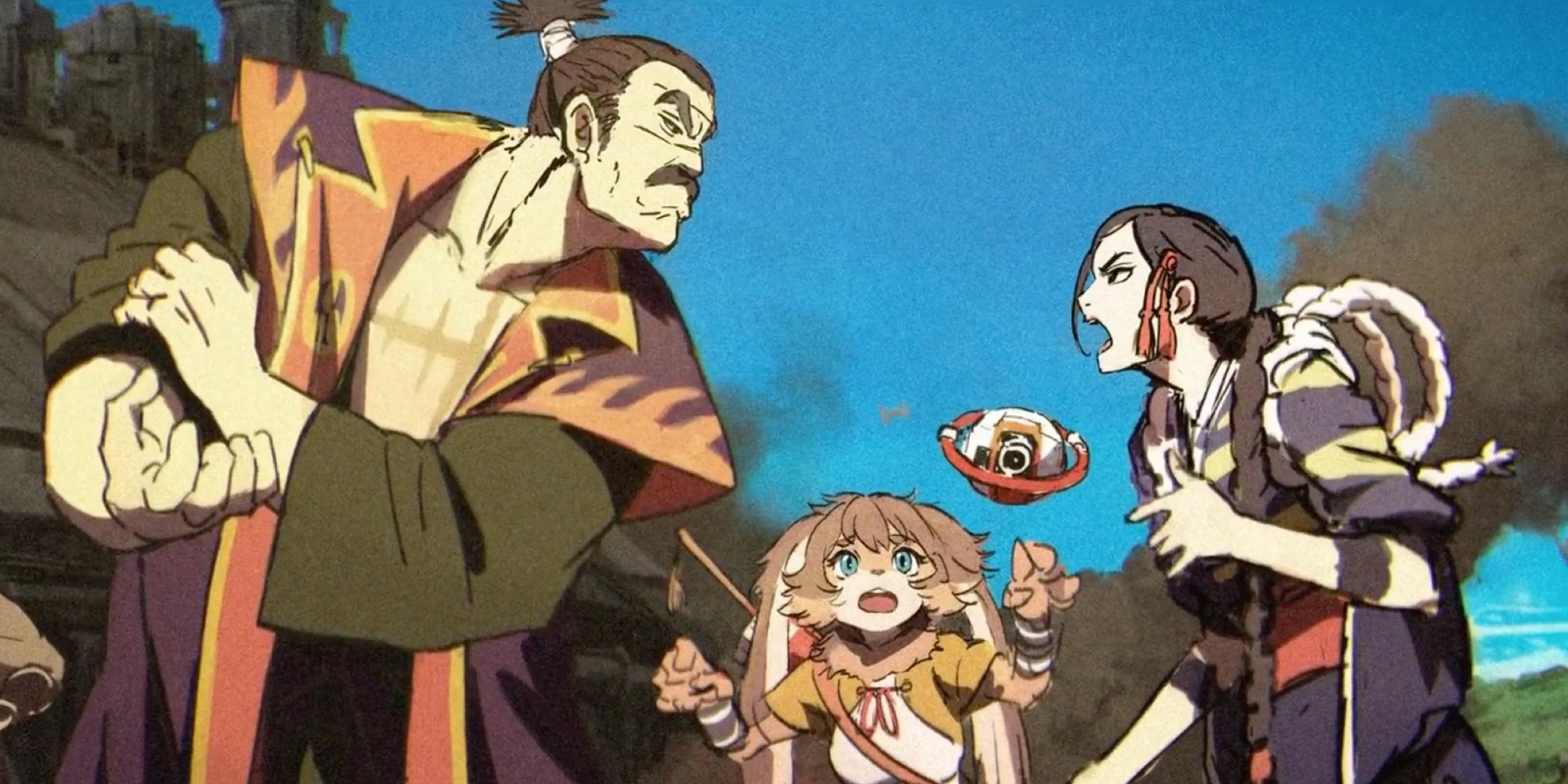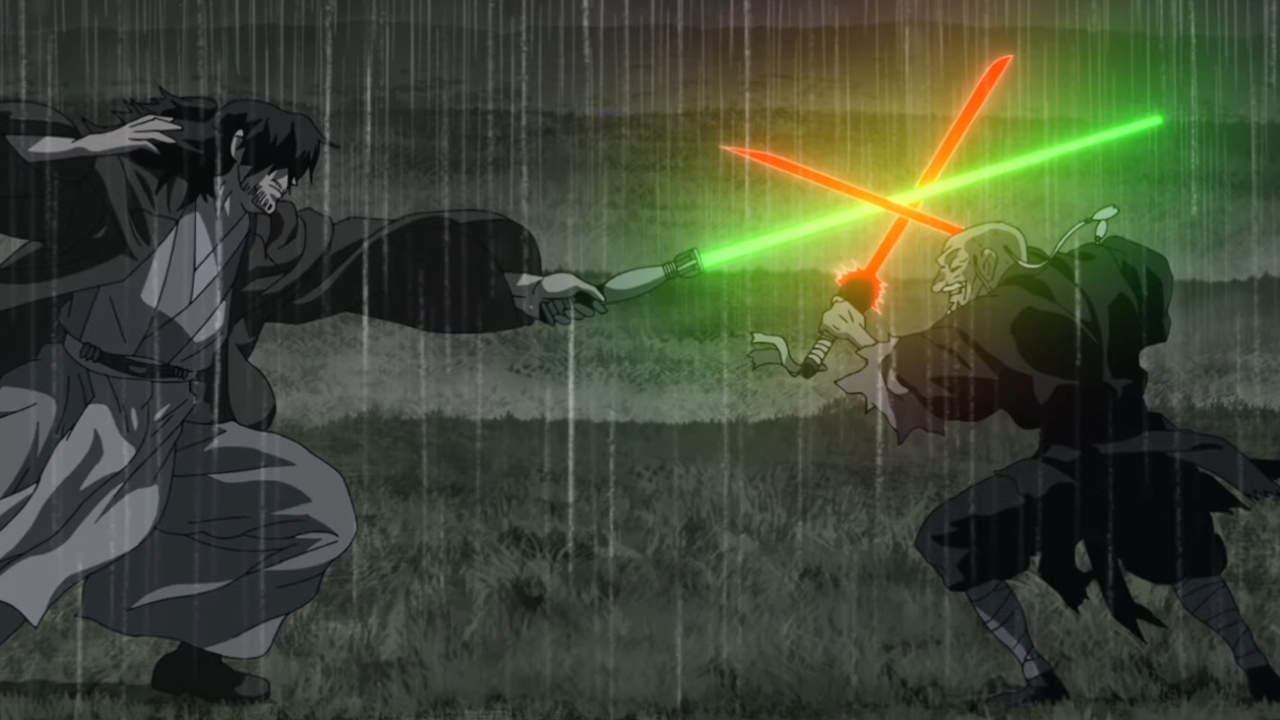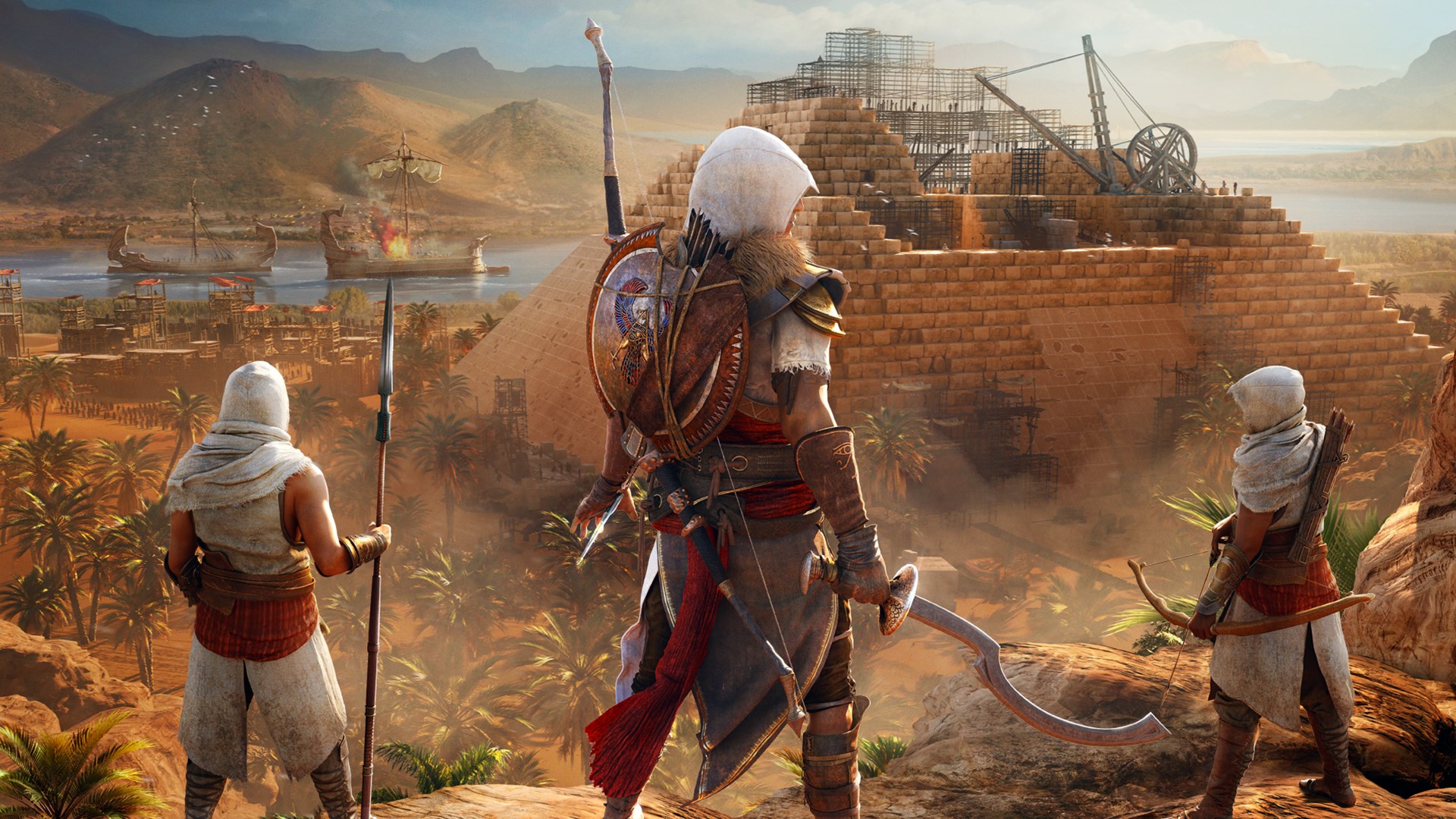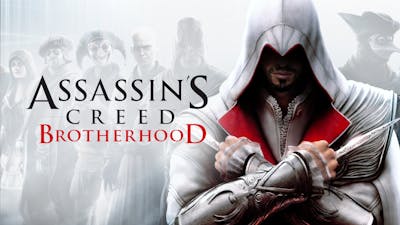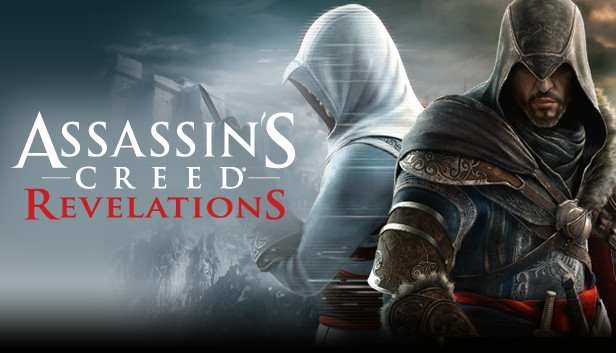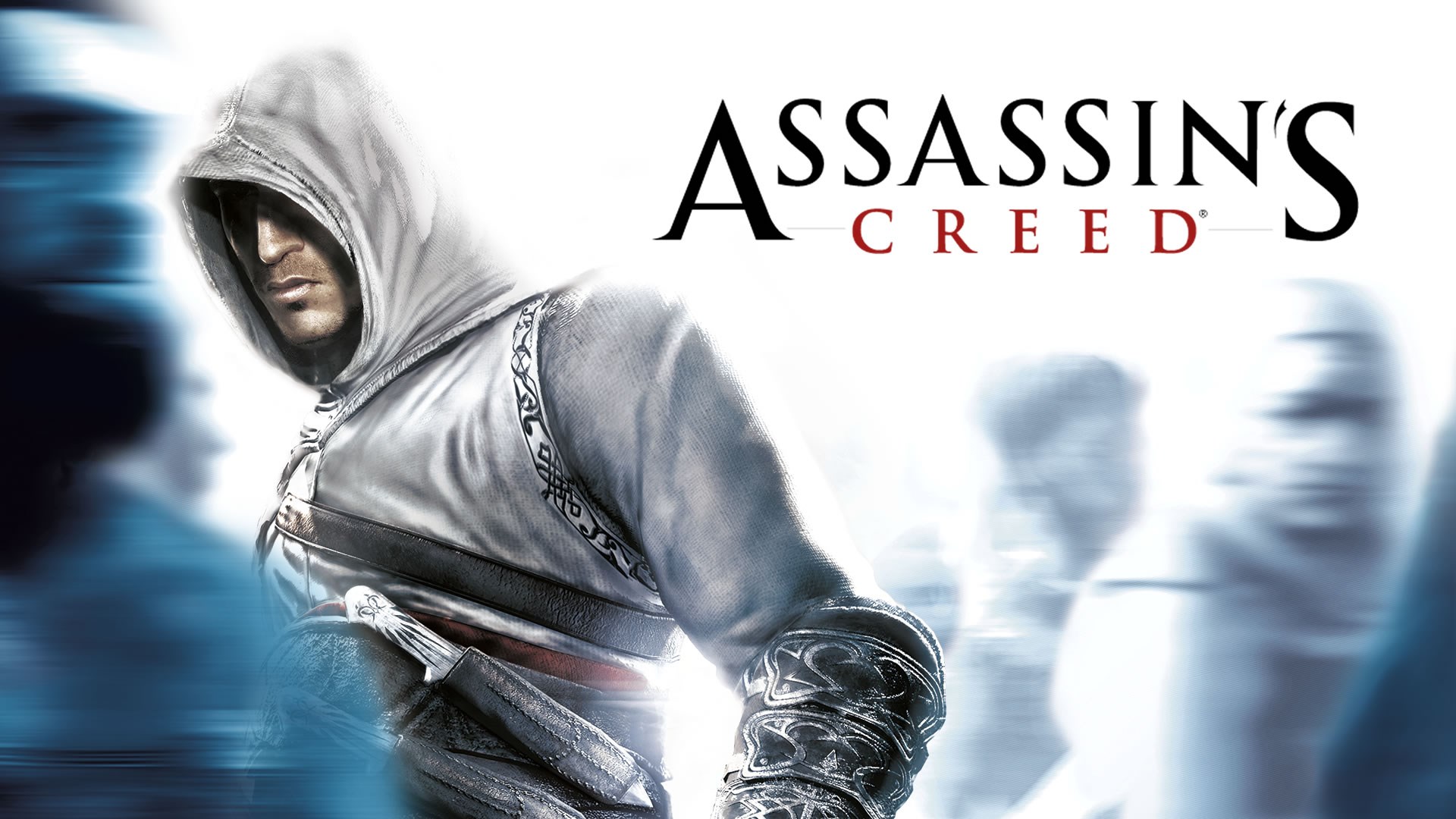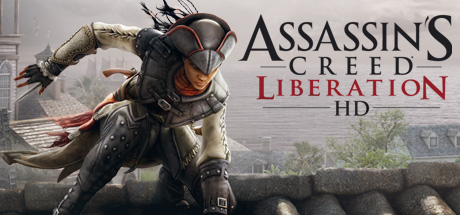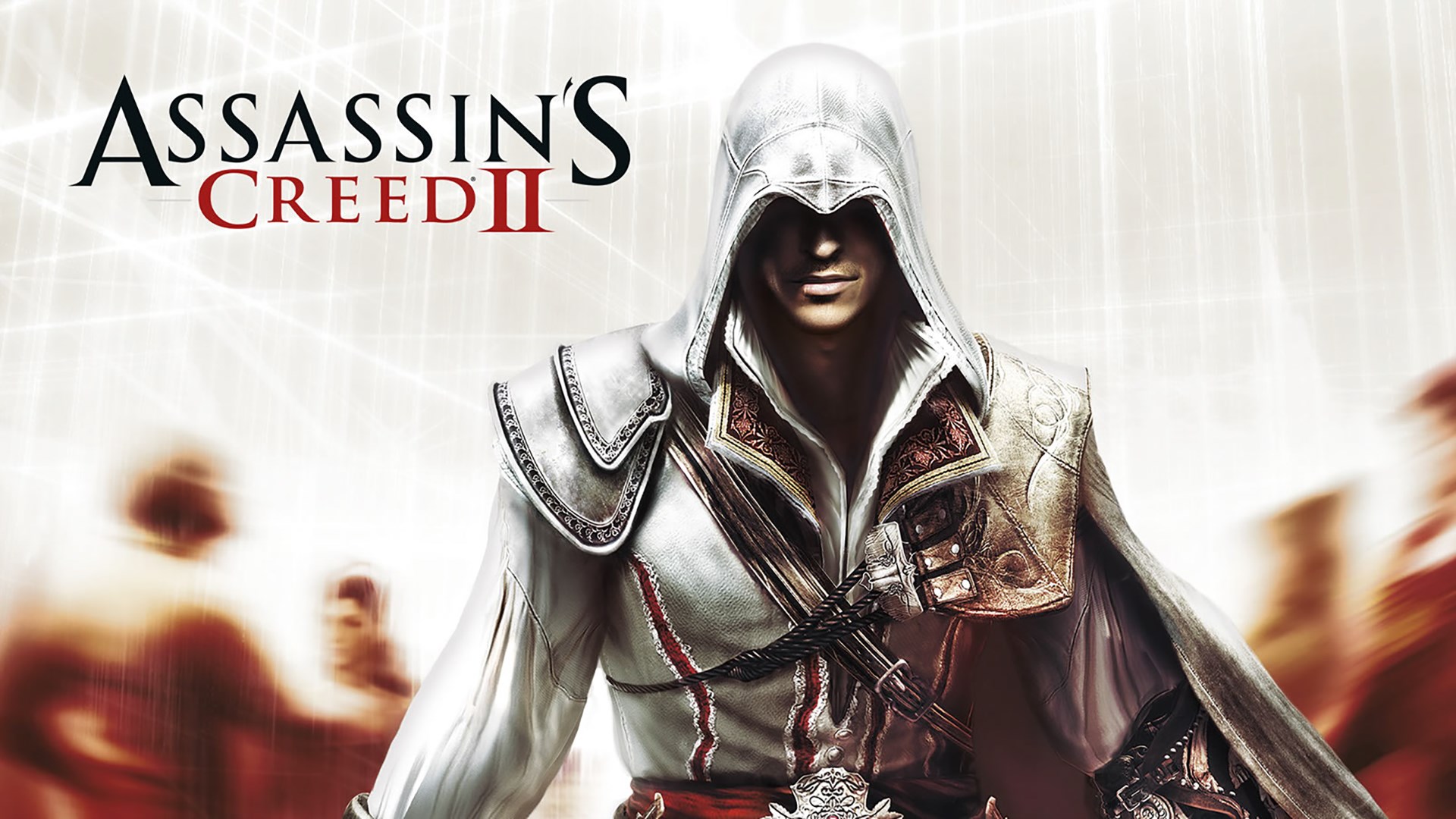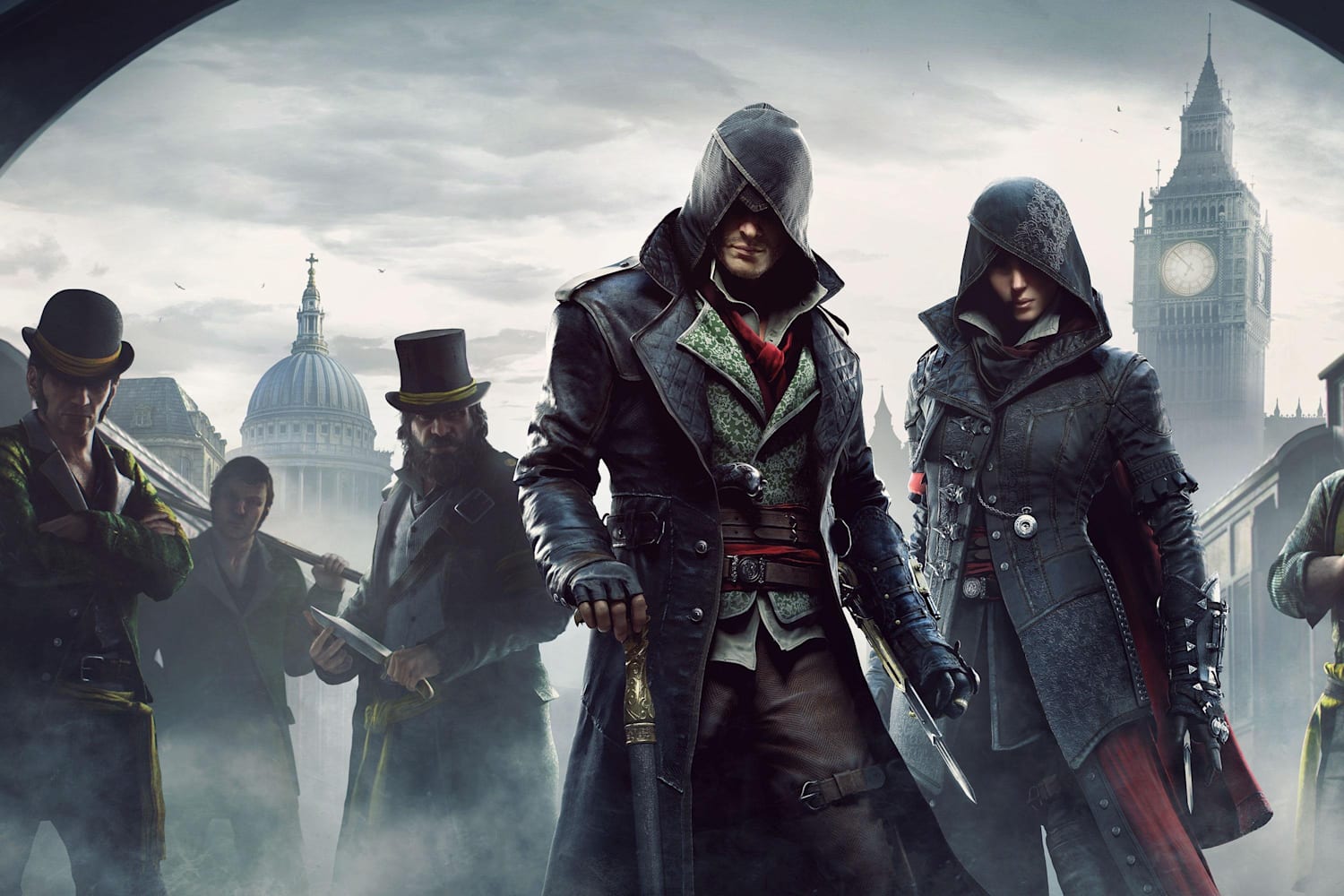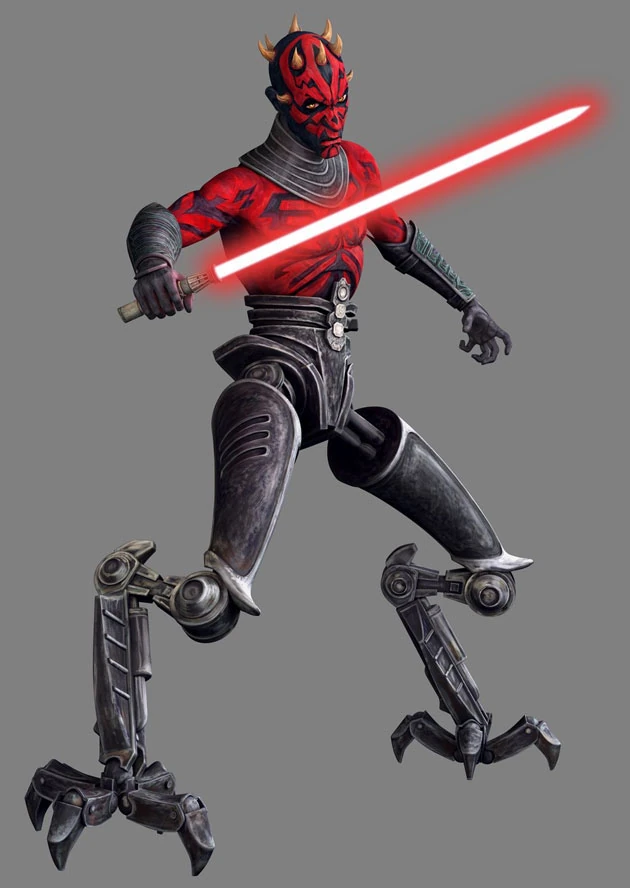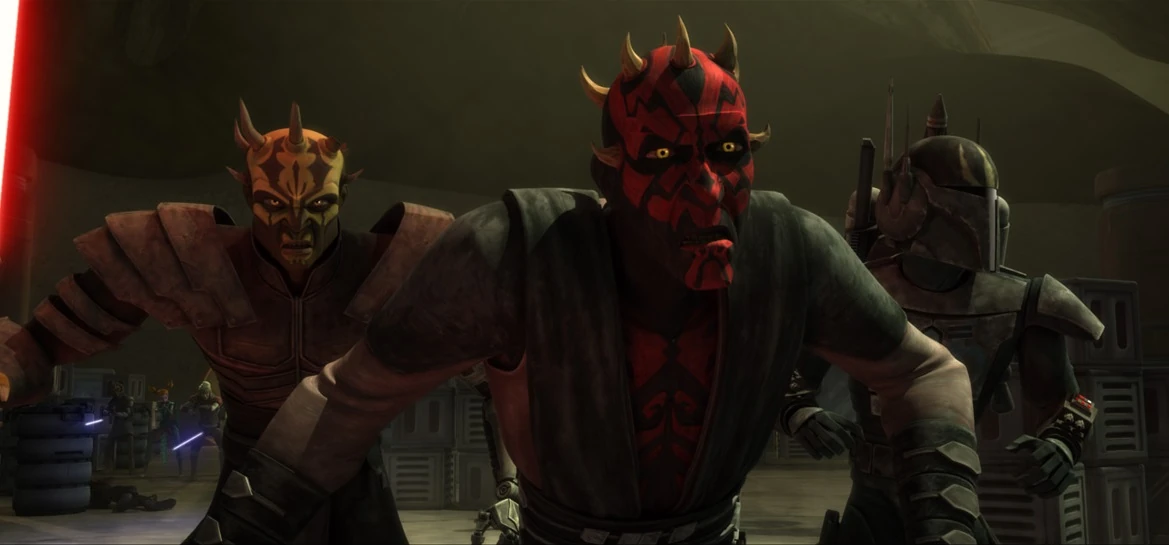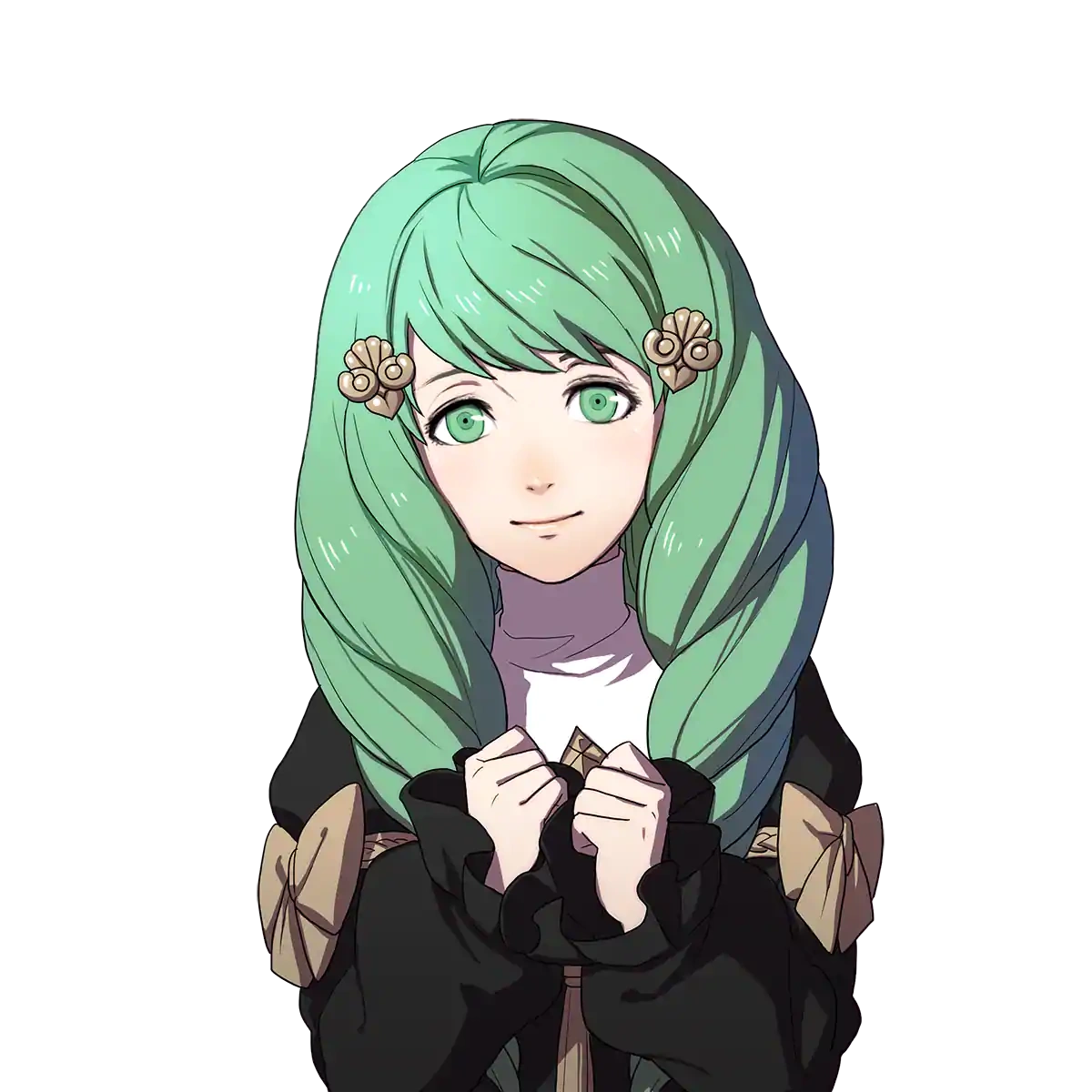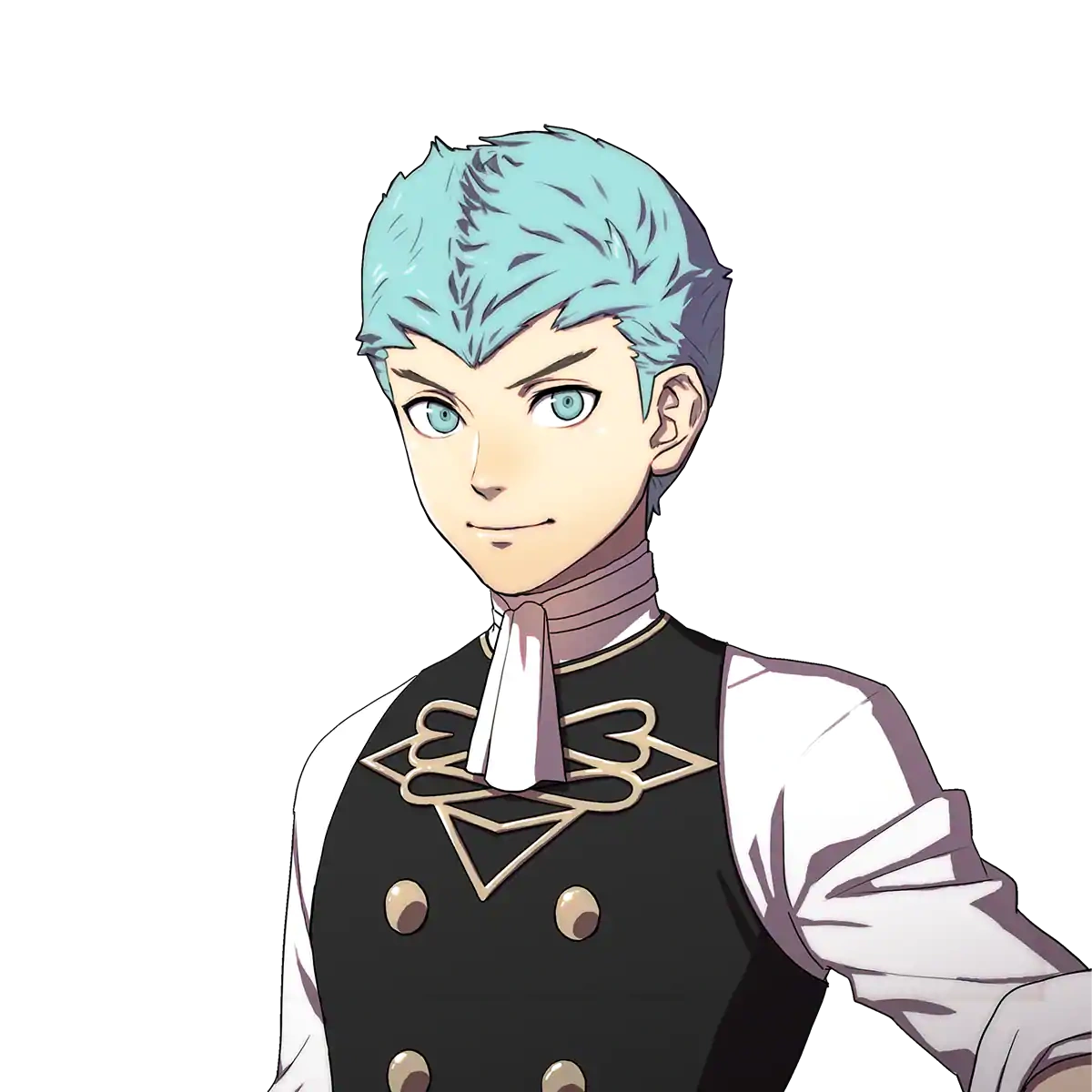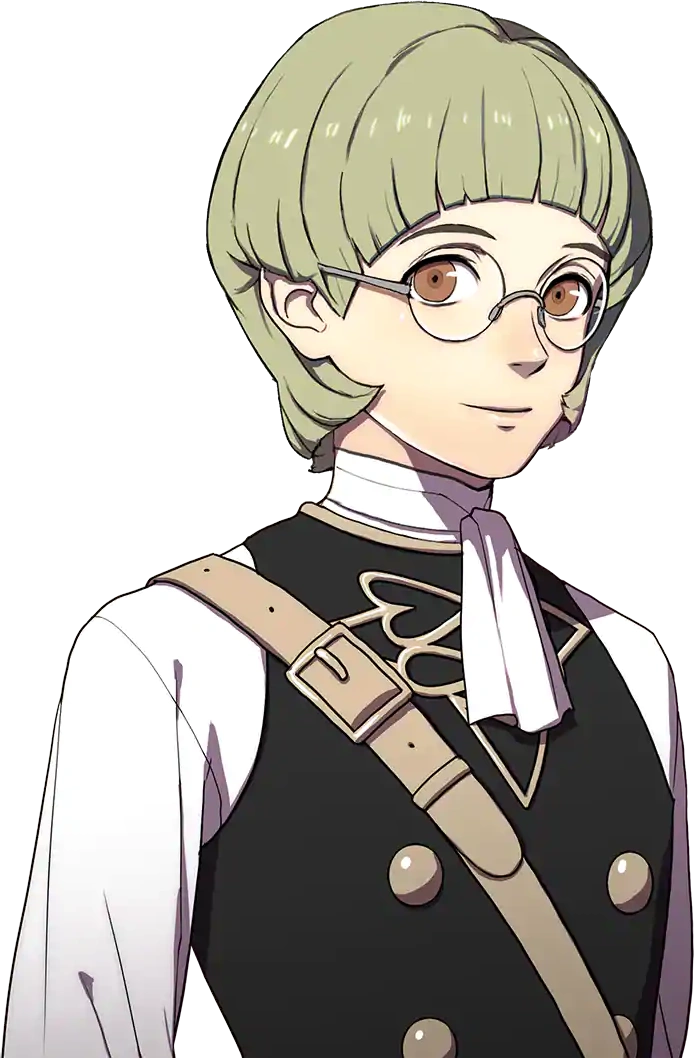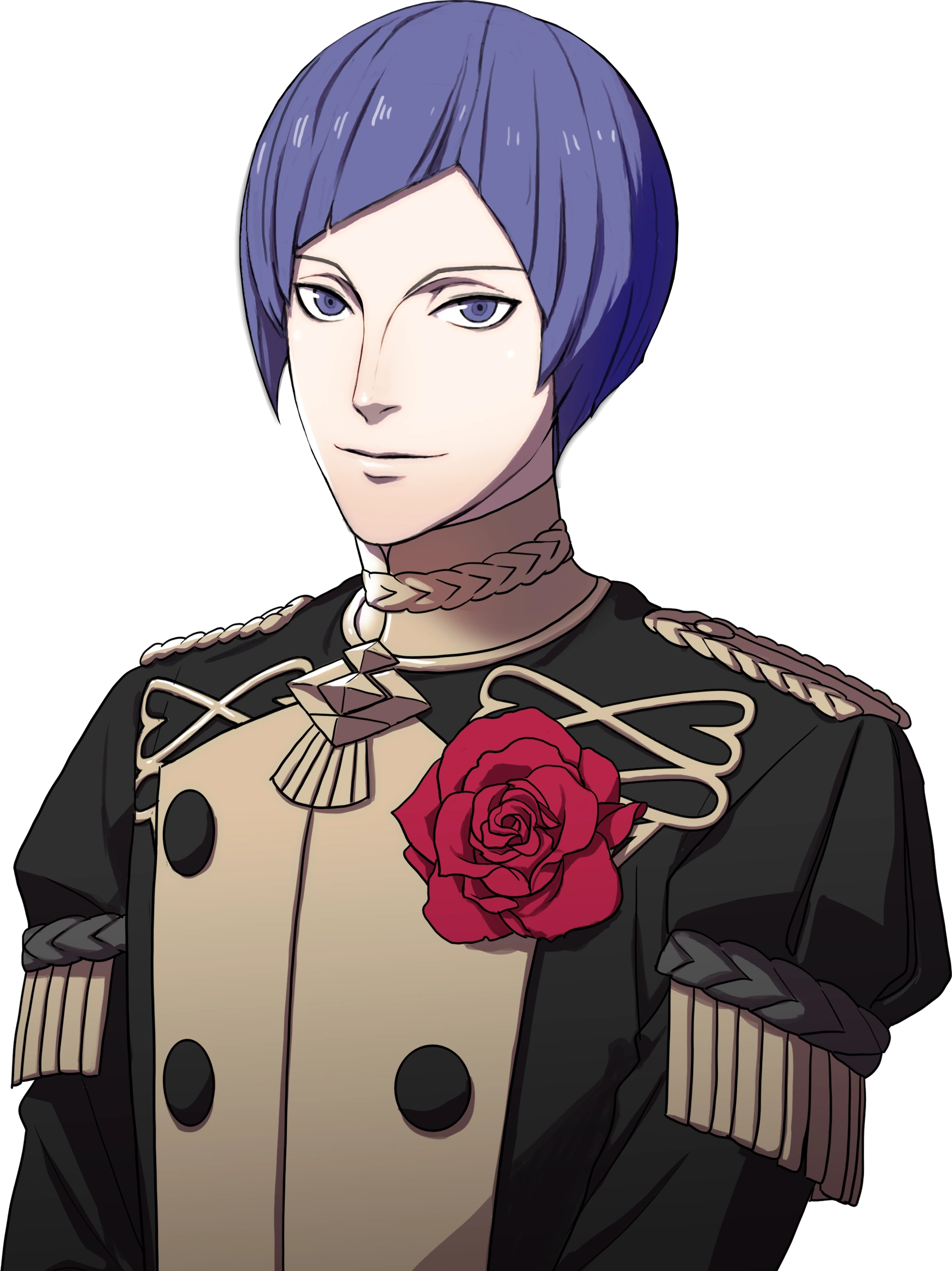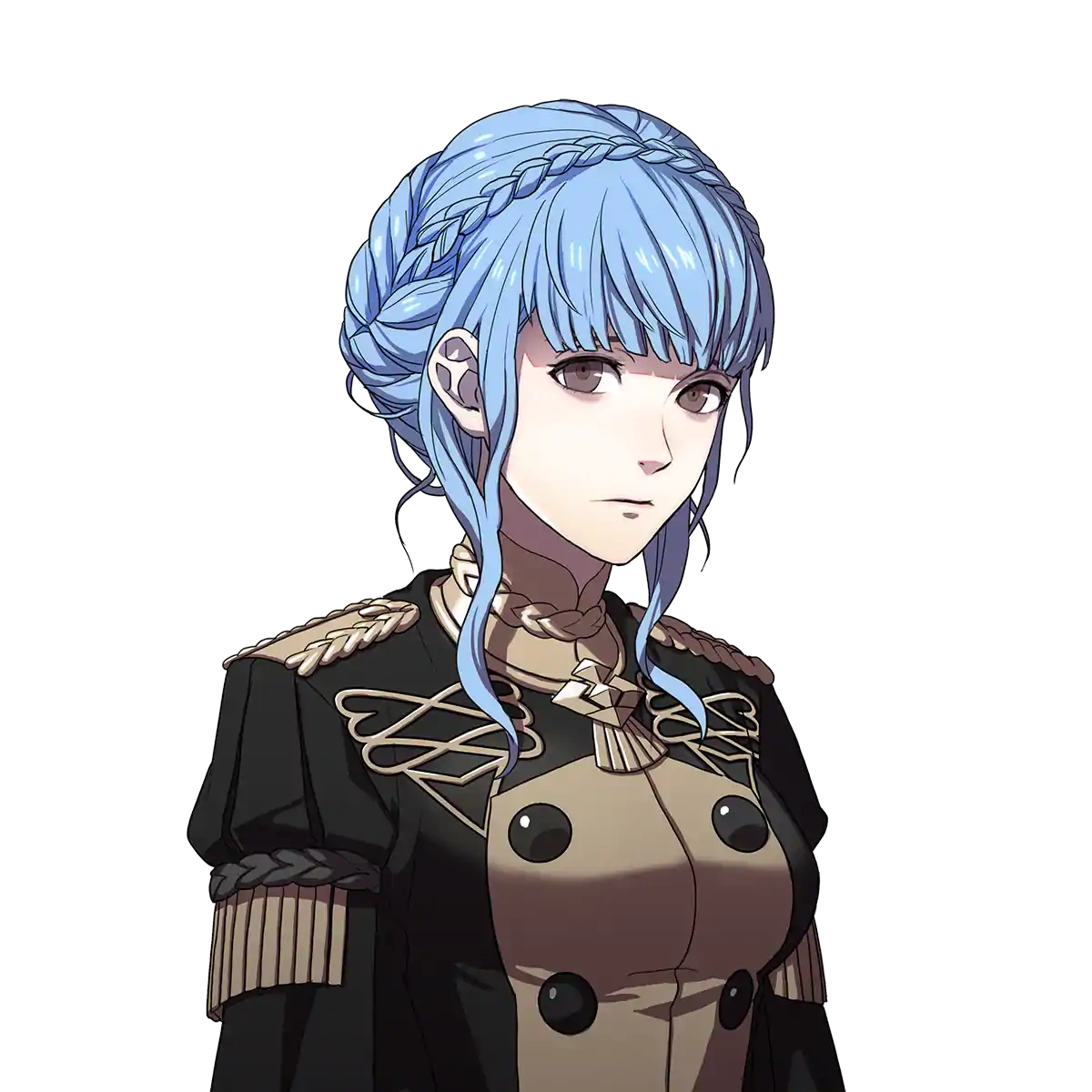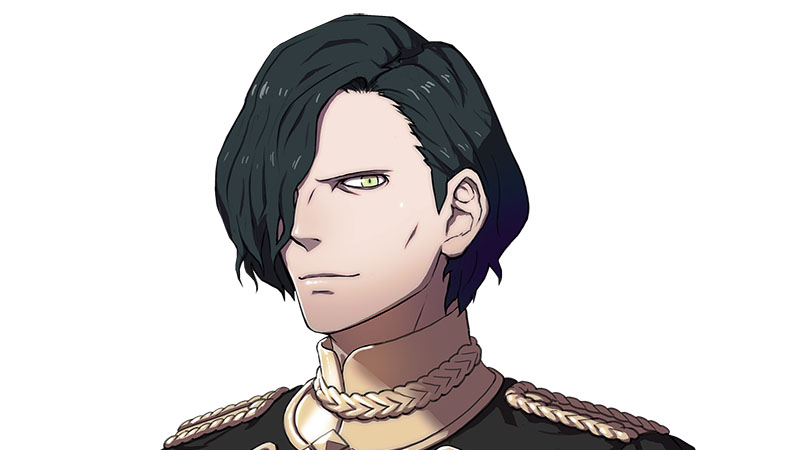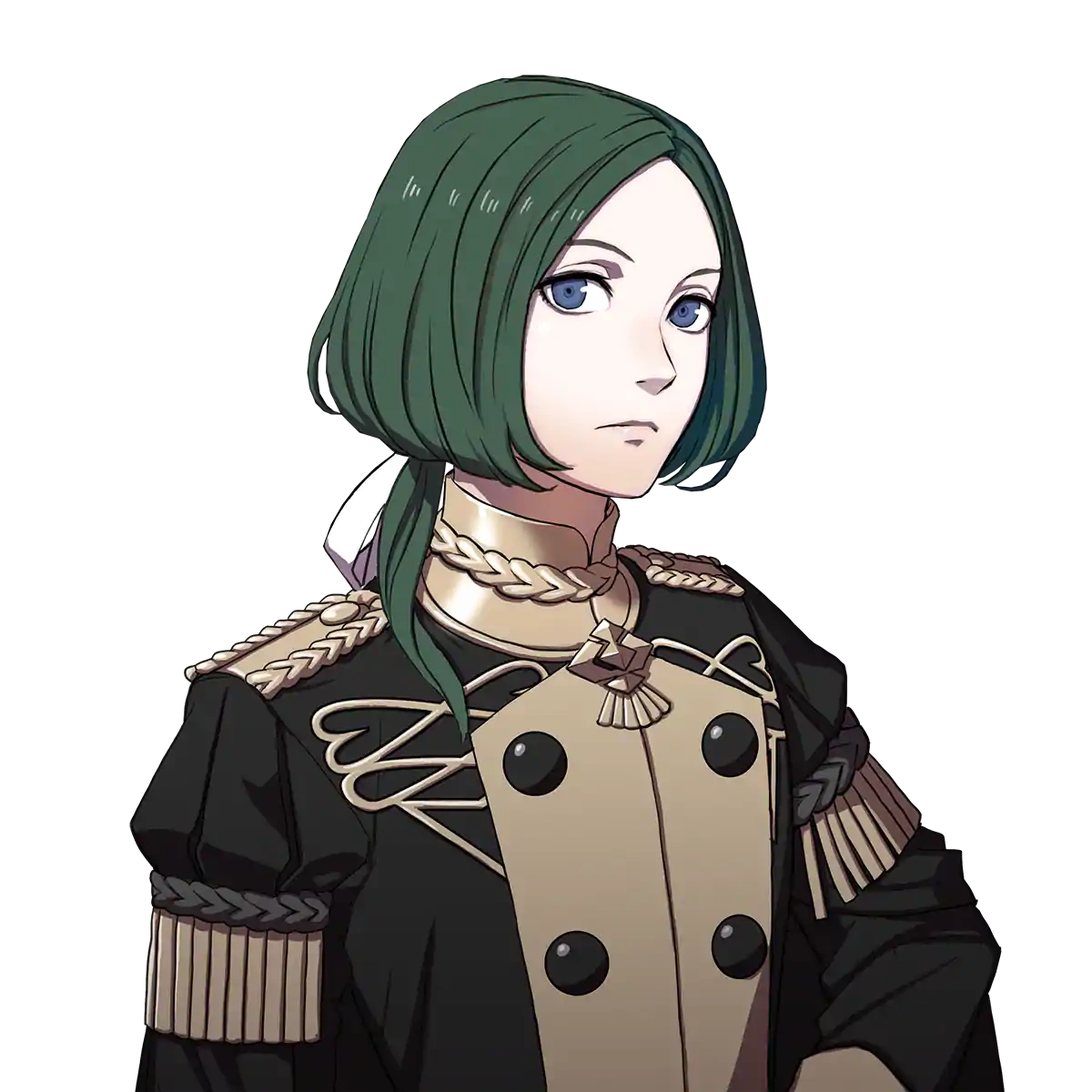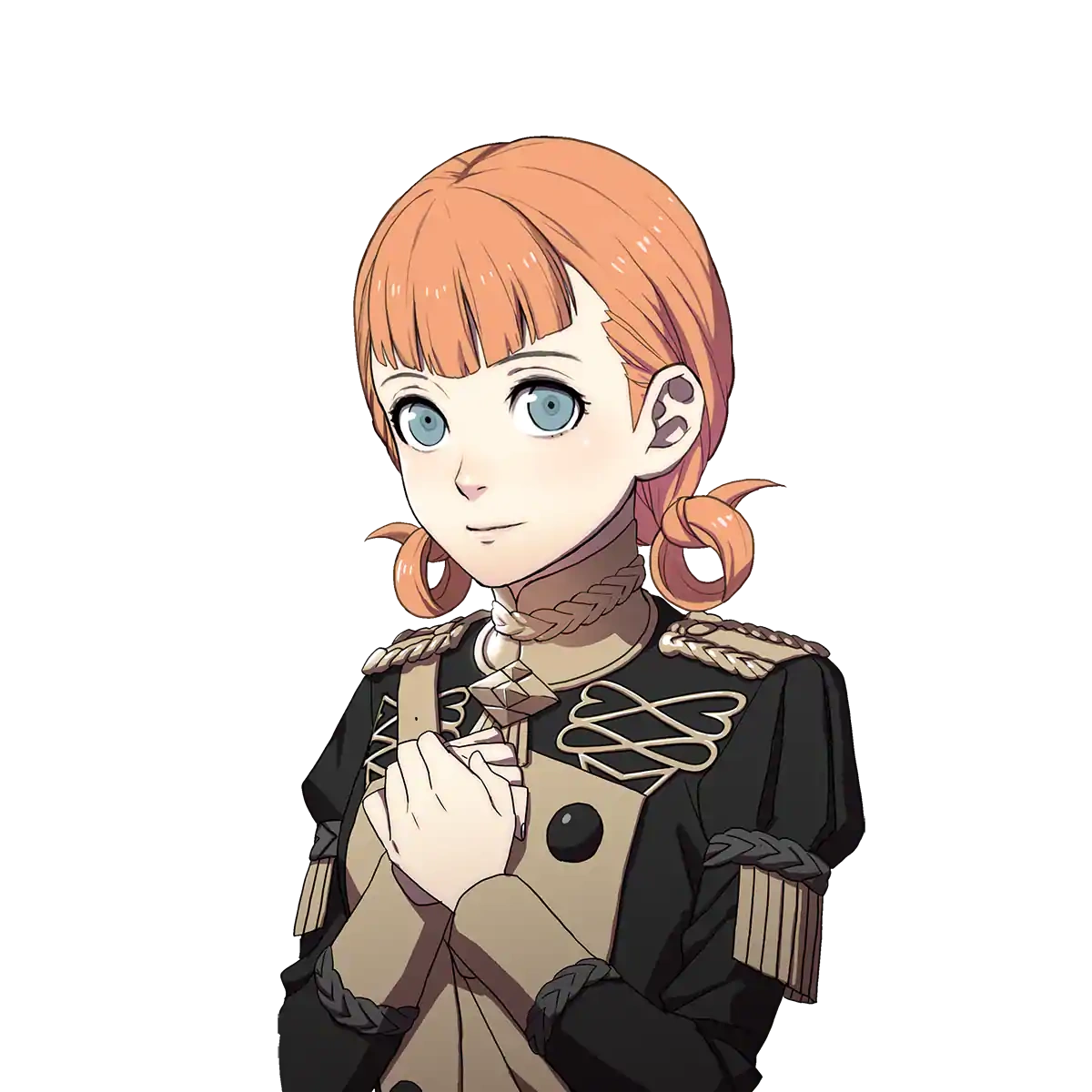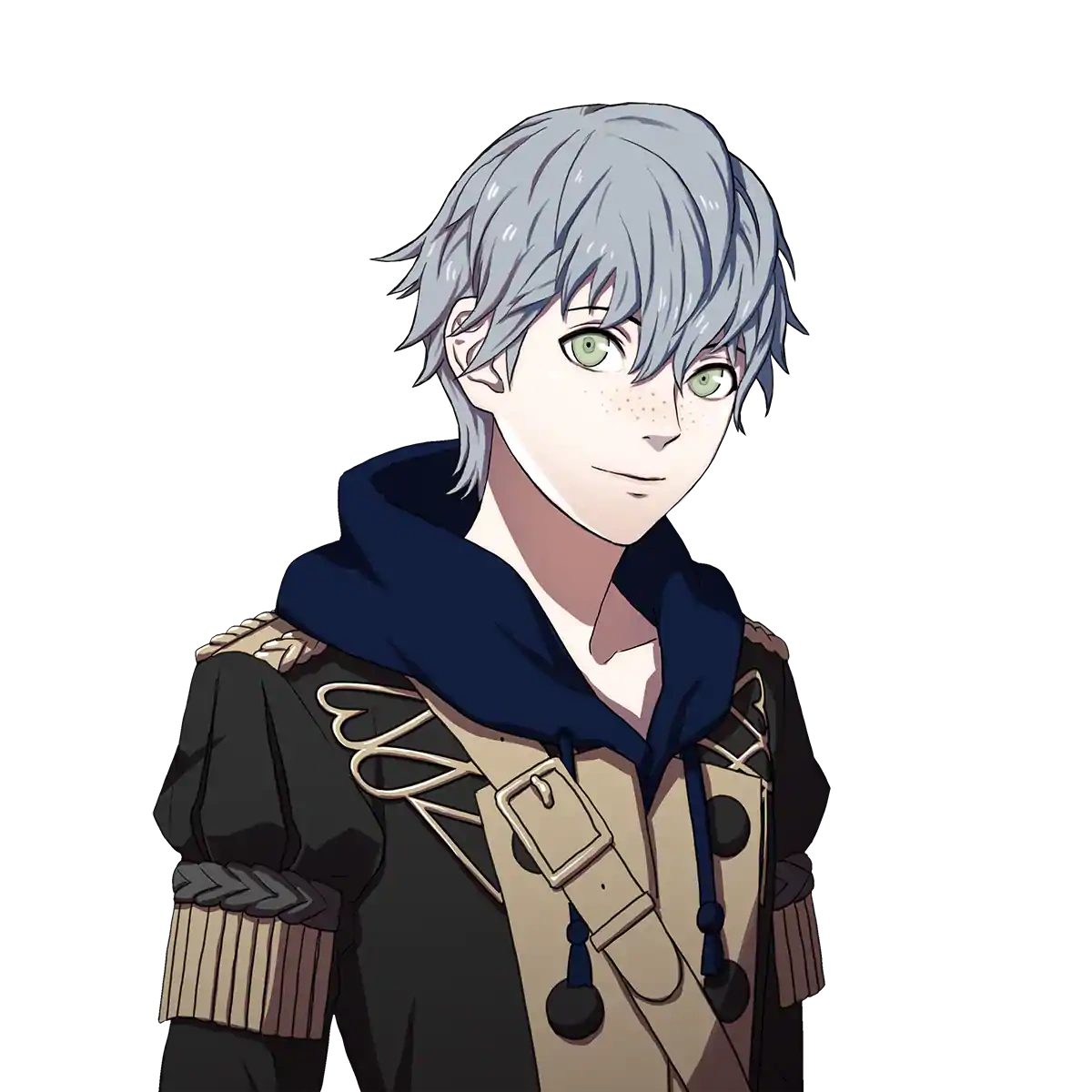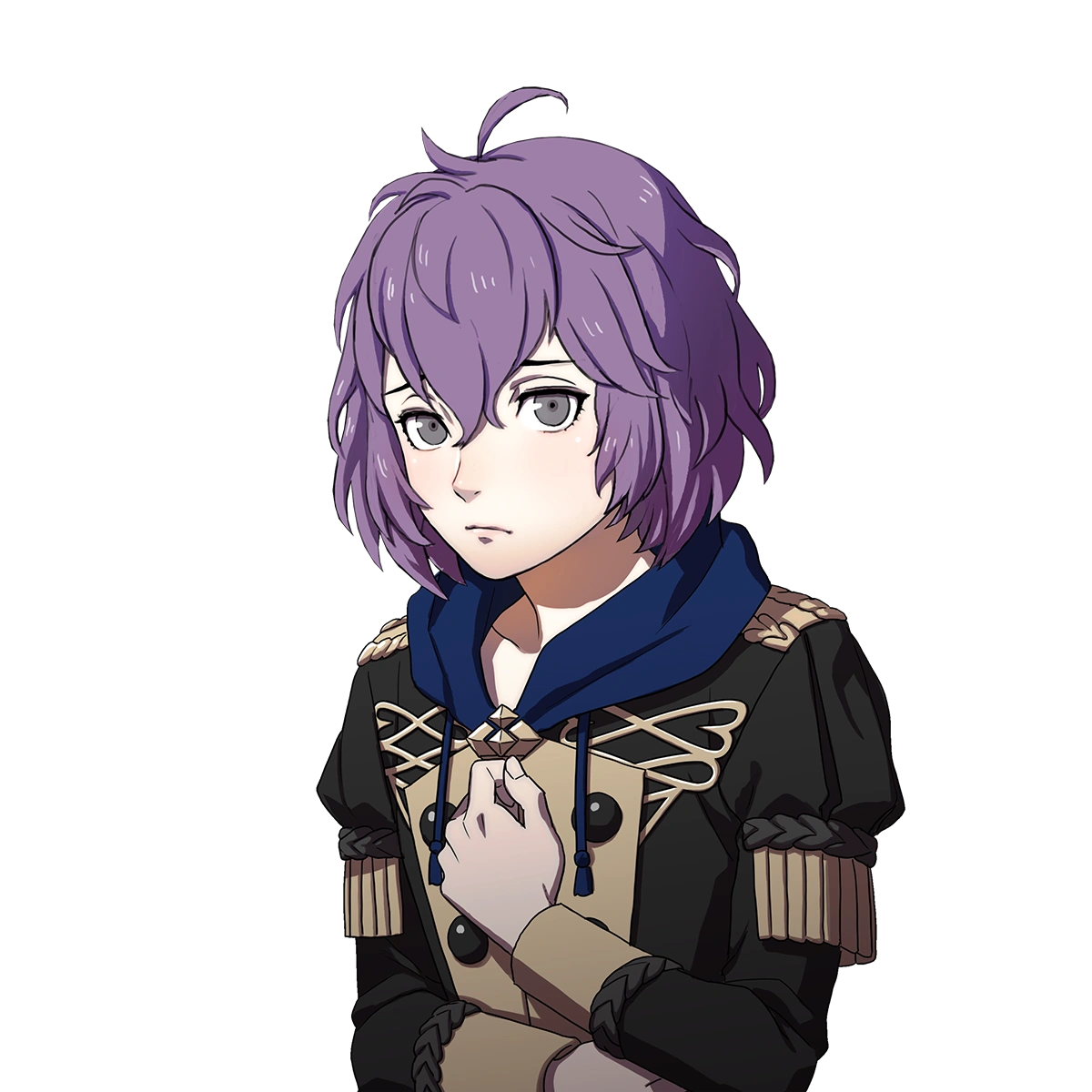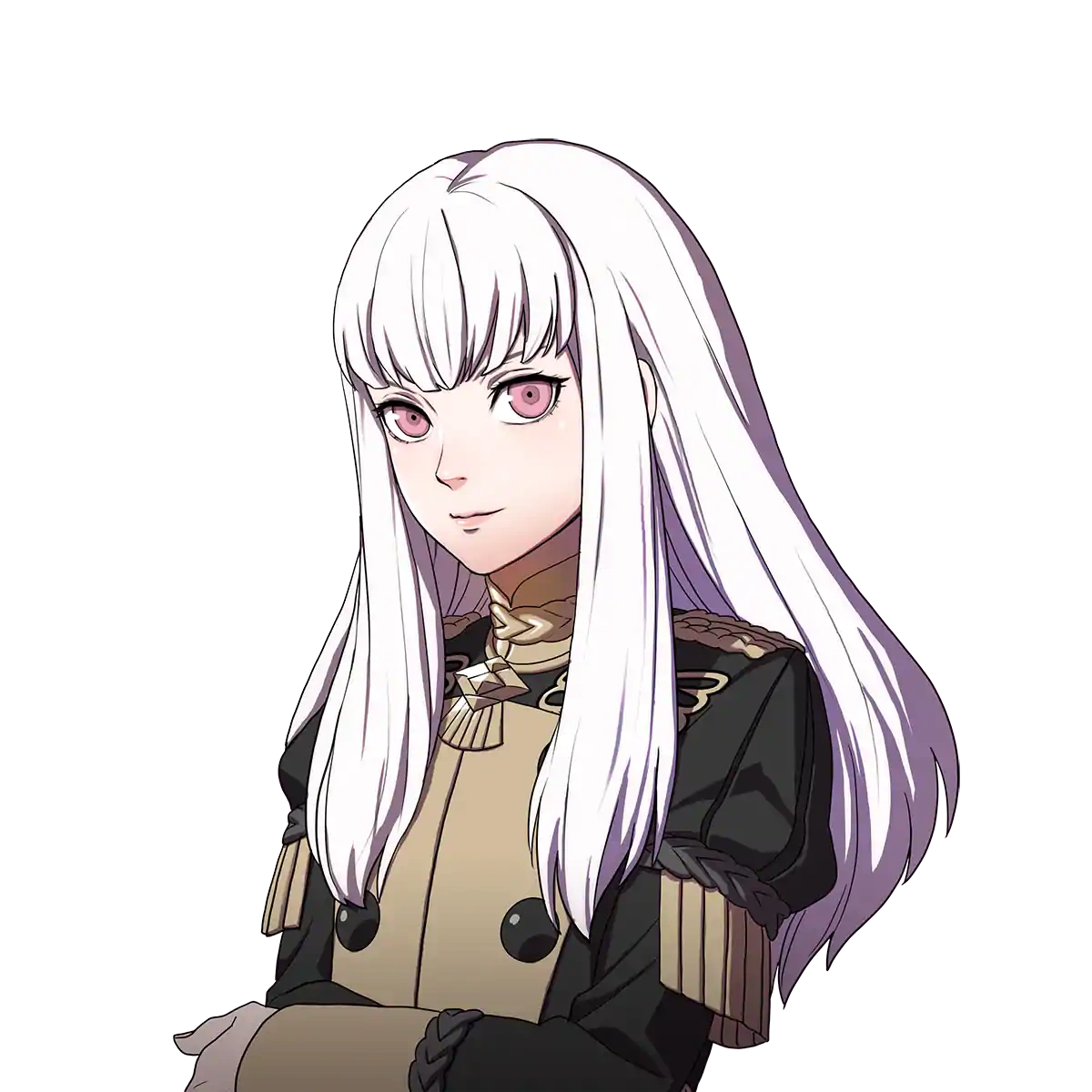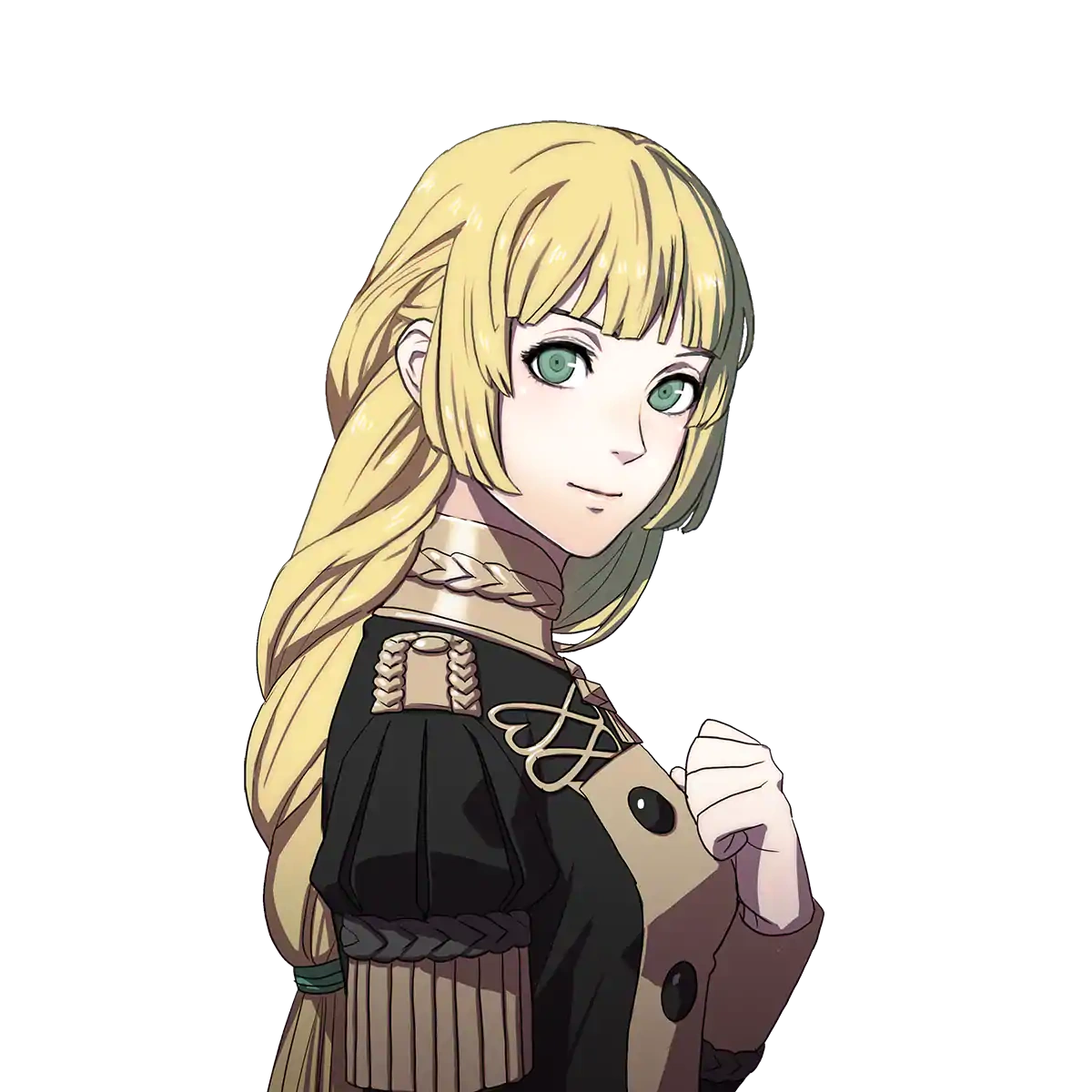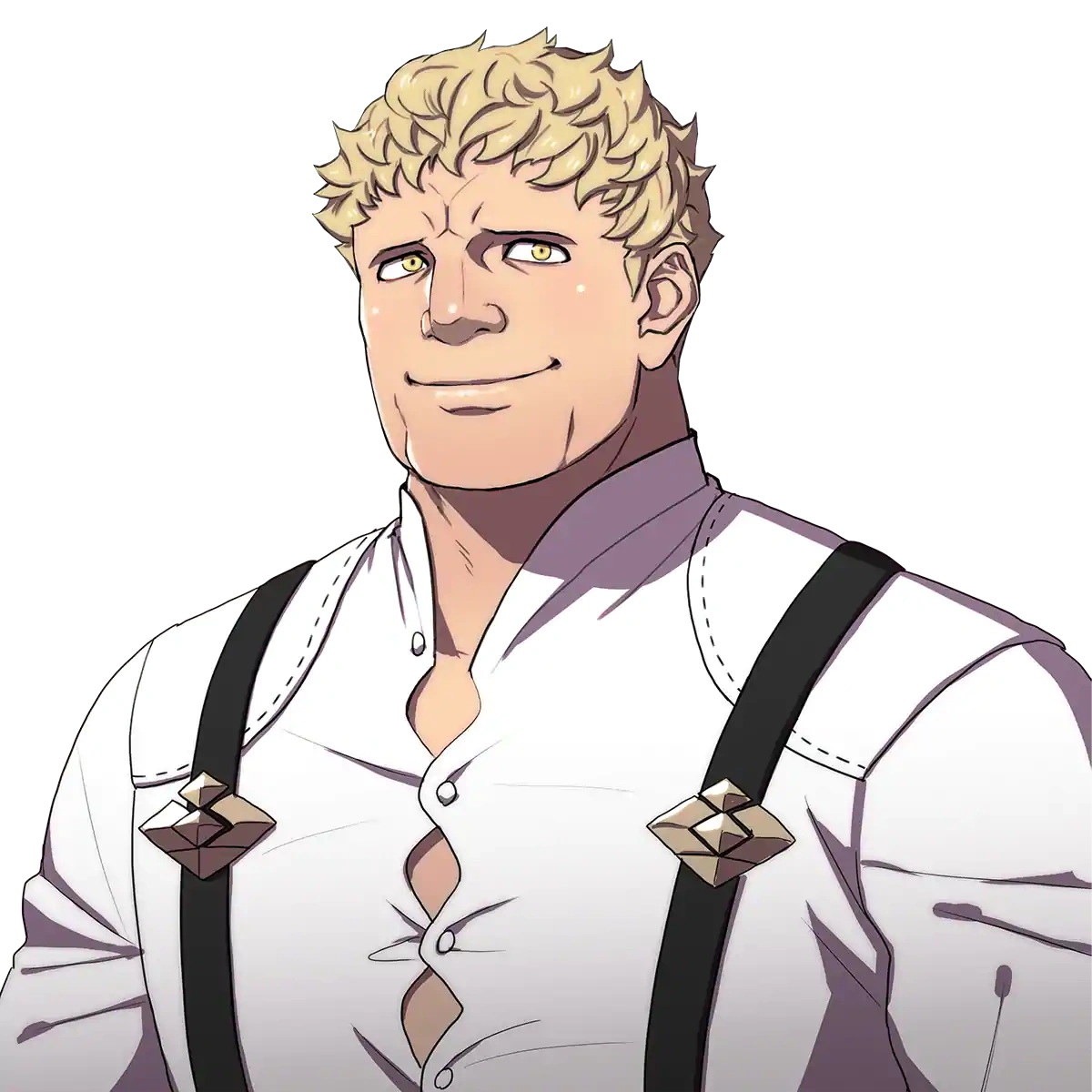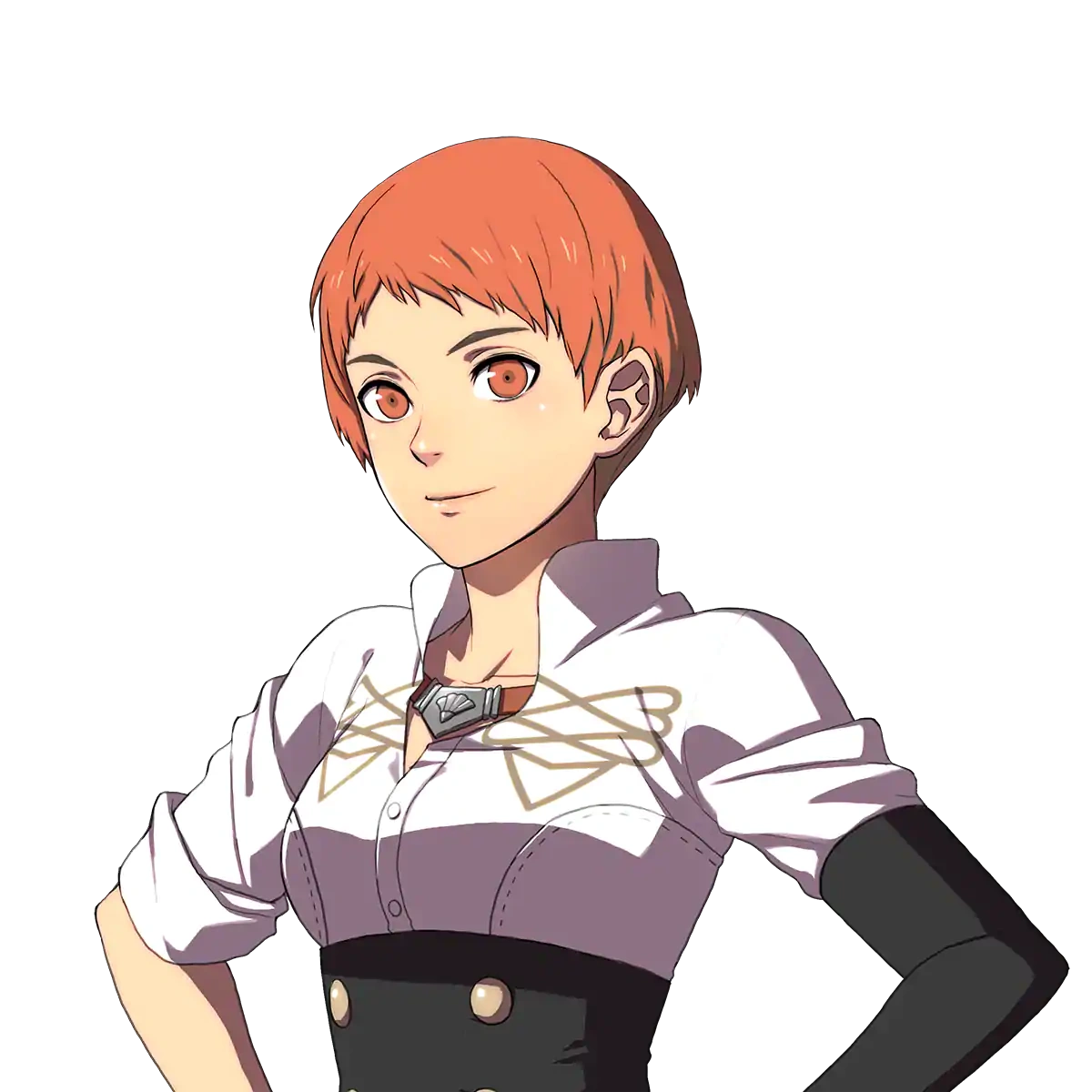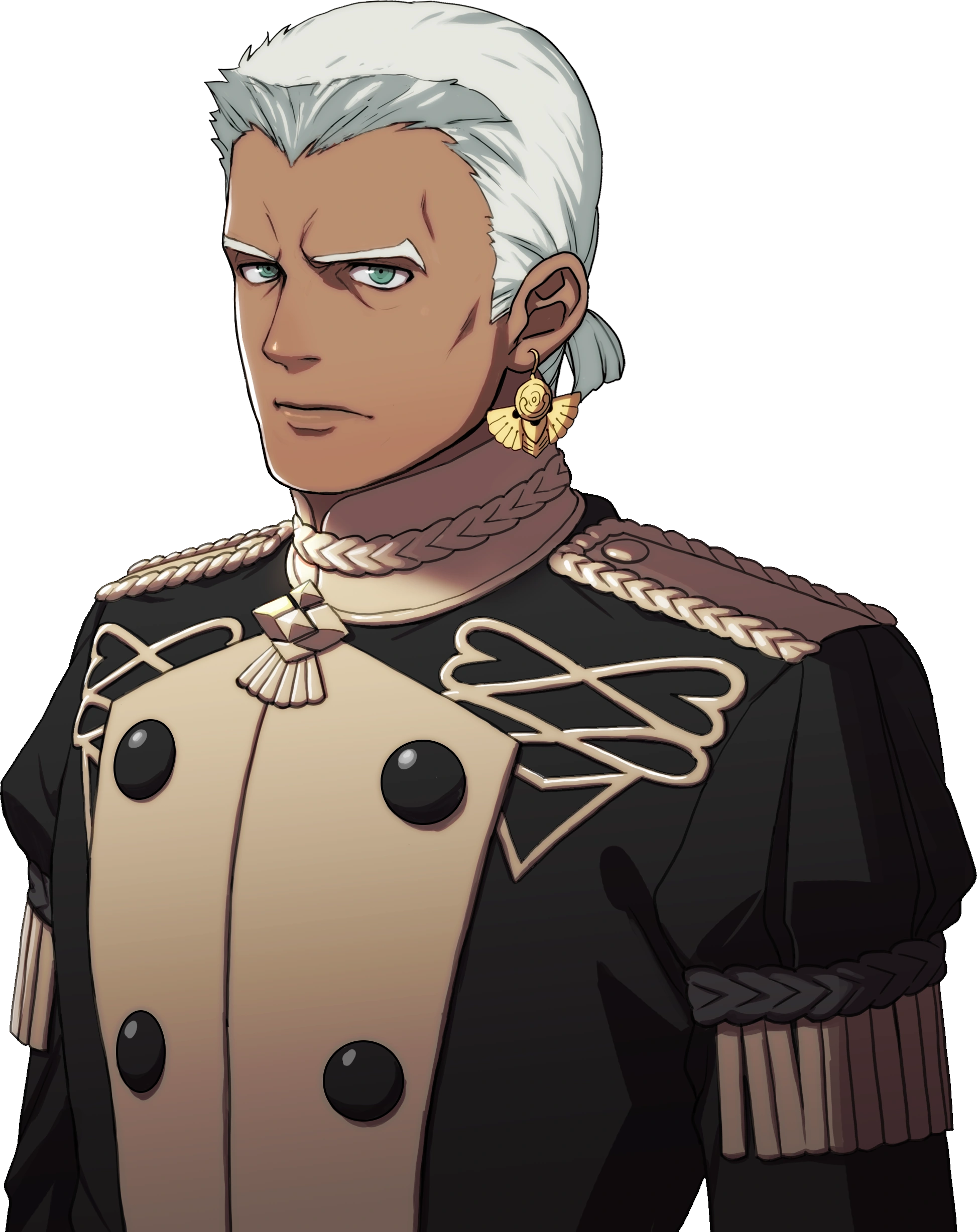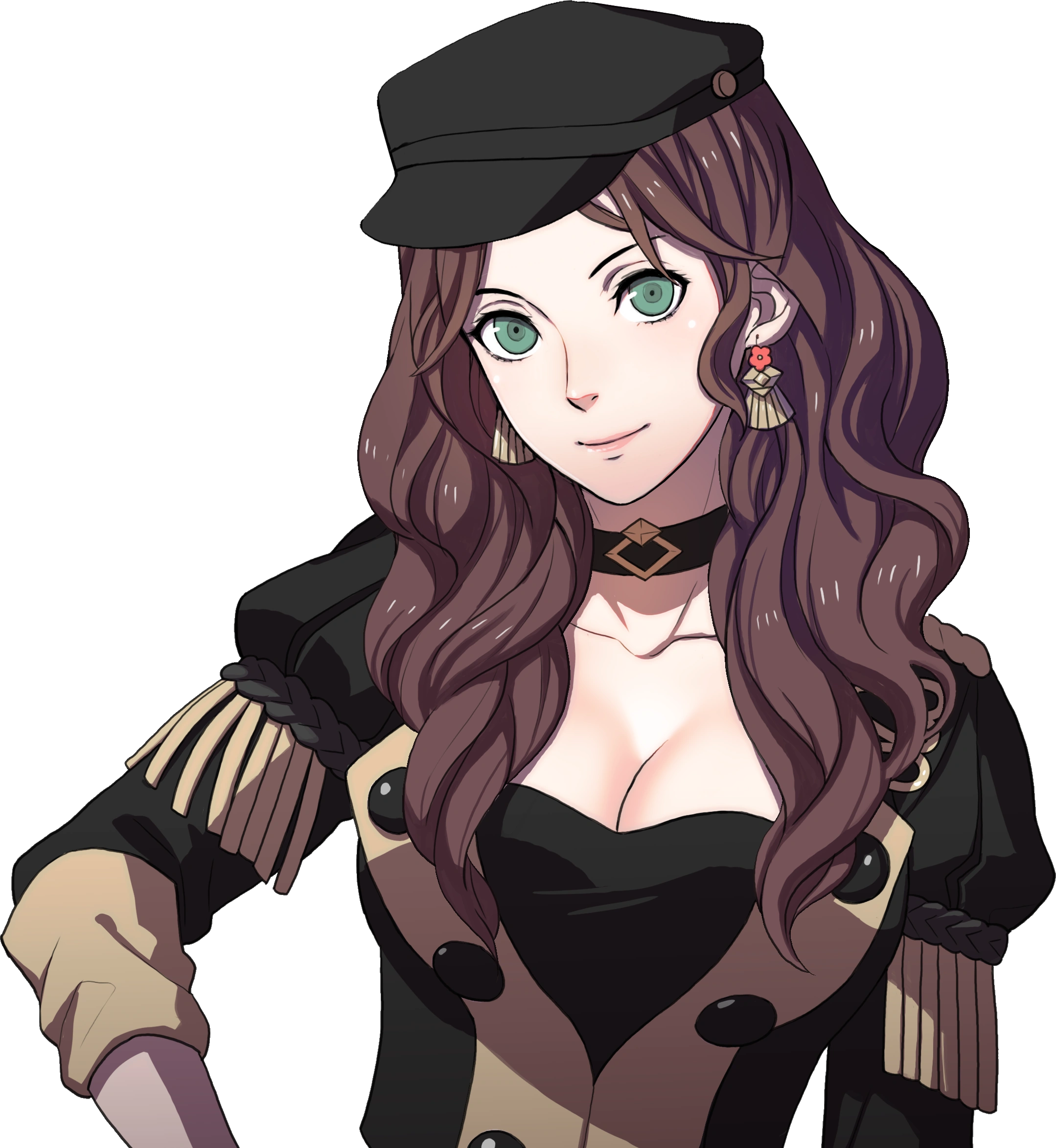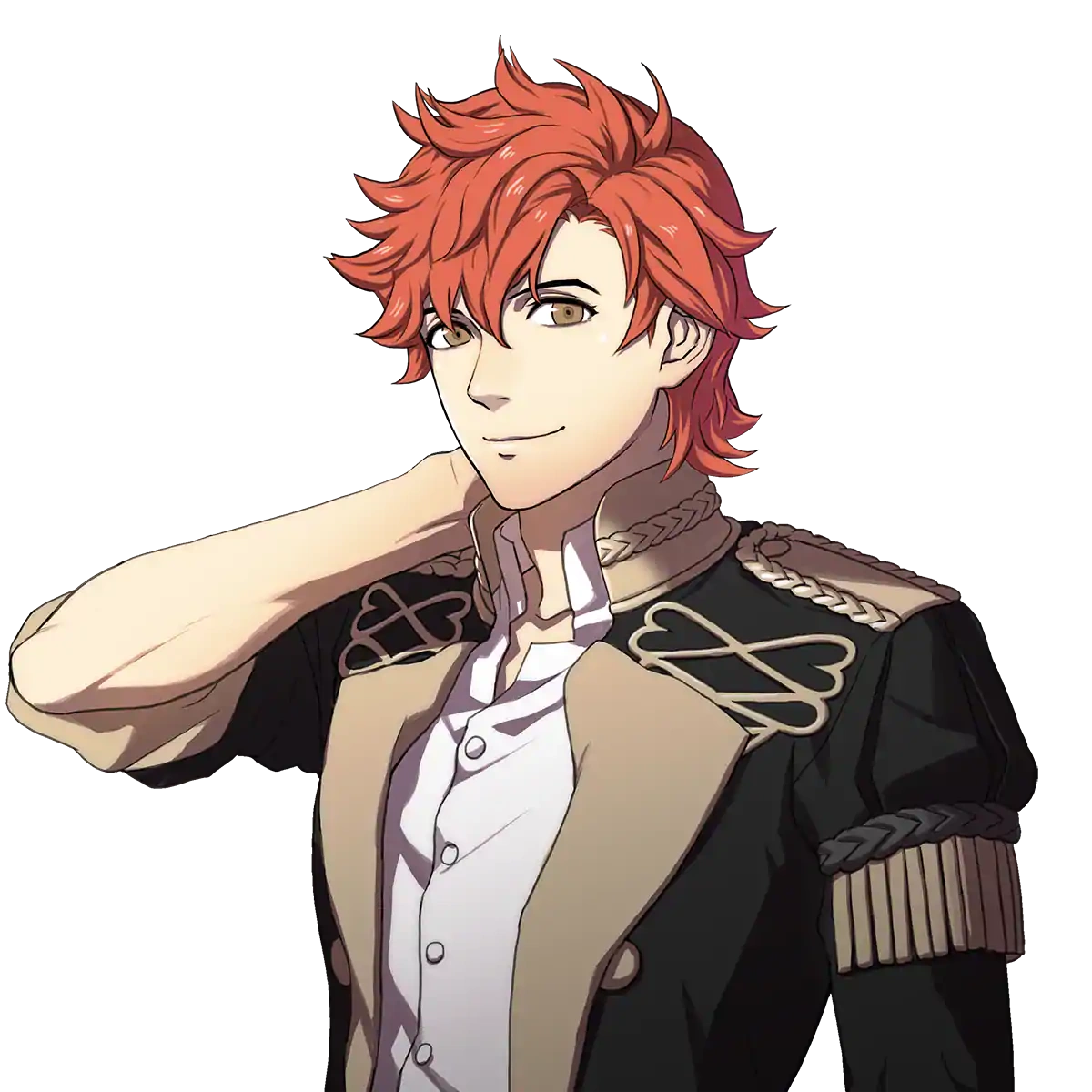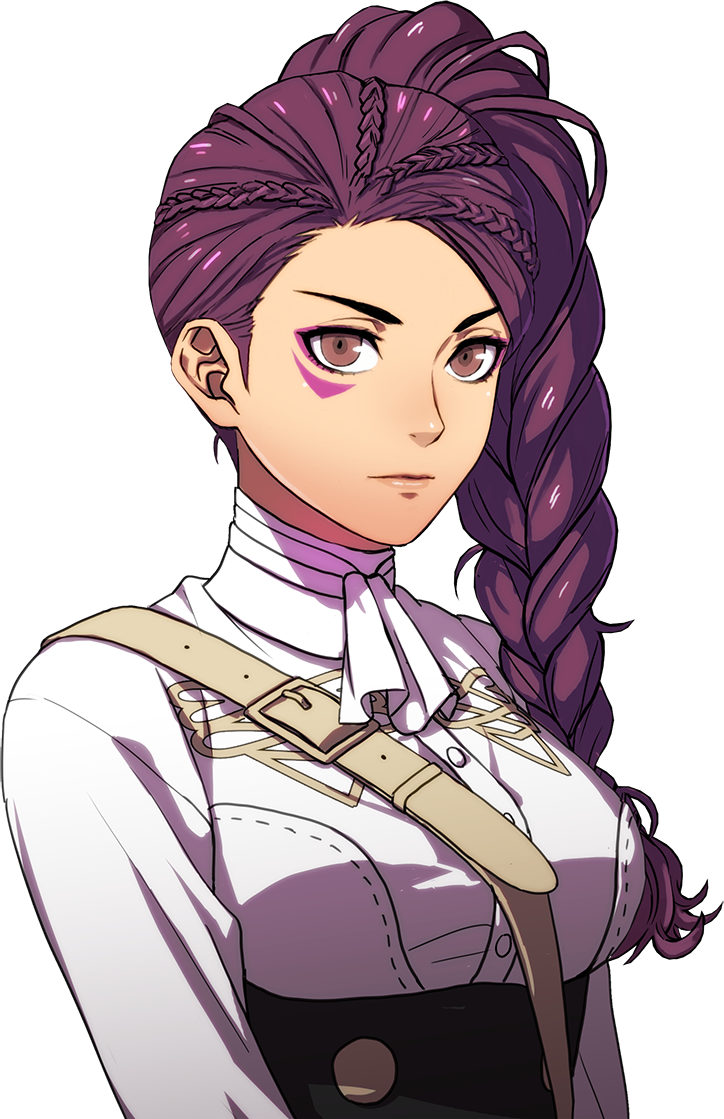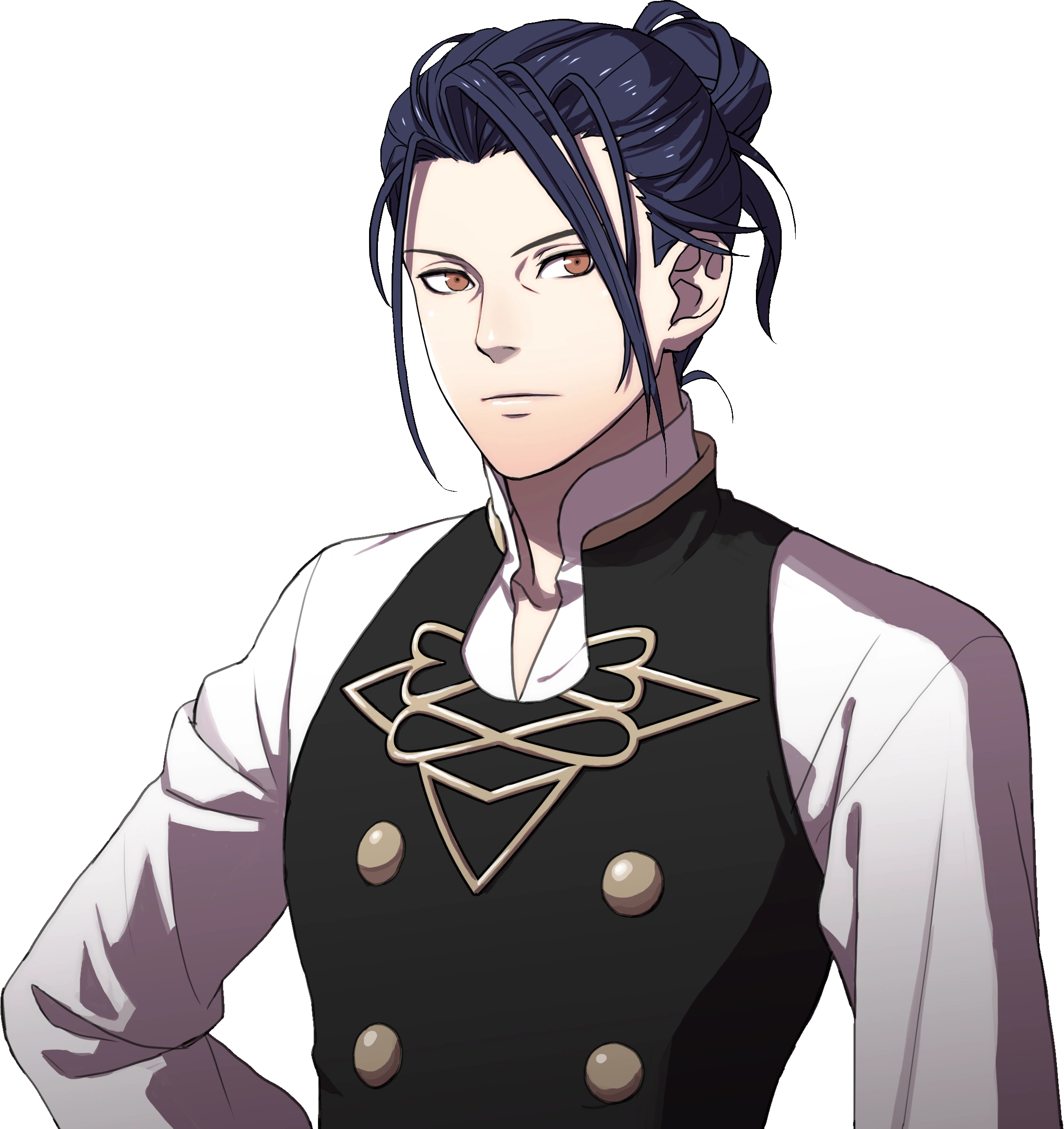SPOILER WARNING
Fire Emblem Warriors (2017), The first Koei Tecmo Hackn 'n Slash spin-off meanwhile is something I consider somewhat of a travesty. Not having any real tactical elements to play around with would have been enough of a bummer as it was but the real crime was that the only thing as paper thin as the story where the characters themselves.
When I heard that the same studio would develope a sequel to Warriors which simultaneously be an alternate take on Three Houses I was kind of torn.
On one hand I was going to take all the Three Houses flavoured crumbs I could get but on the other hand I couldn't help but worry.
So the big questions is: Where those worries justified?
Thankfully the answer is: Not quite!
Back to Fodlan
But the gameplay itself is hardly the most interesting thing in Fire Emblem Warriors Three Hopes (which I'll call "Three Hopes" from here on out for conveniences sake), no the really interesting things are the stories and character interactions which are equally as deep and multi faceted as they had been in Three Houses and a hundred times more engaging than anything happening in Warriors..
There are of course differences between the three campaigns (though not as many as you'd maybe expect) but what all three of them have in common this time is that the main character isn't Byleth (or Guyleth) but rather a rival Mercenary called Shez (or Hez for the male version because I am still just as hilarious) who loses all their companions in a battle against the Ashen Demon (Byleth) and only survives because of "divine intervention" in the form of Arval Shez's self proclaimed partner in destiny whose powers unlock a very anime looking transformation power-up whichs nature isn't truly revealed until later in the game ...in theory.
In practice you will be able to see the twist coming from miles away especially if you played multiple campaigns of Three Houses.
And make no mistake, the game pretty much expects you to have done as much.
New players are likely to be totally lost and those who only played the Black Eagle or Blue Lions campaign in Three Houses will probably feel like they are missing some information.
mostly because they very much are.
Either way: Shez, now having sworn revenge for their fallen comrades, stumble upon the three House Leaders Edelgard, Dimitri and Claude under attack by Bandits and help them out.
That's how they end up joining the Officers Academy in whichever house they choose, this time however as a student rather than a as a professor.
One of the frustrating things in Three Houses was that the first half of each campaign was always the same chain of events only with different characters. Only by the timeskip in the middle grew the campaigns more distinctive from one another.
Three Hopes handles things very differently. There's two short missions as a student that are the same for every playthrough but after that the schoolyear is cut short as all the students return home to deal with their respective crises.
While you would usually spend a year teaching students, having tea parties, chatting in the mess hall and gifting gifts to students you want to join your chosen house instead there is no real opportunity for it.
A more limited roster of characters can still be recruited later on in different missions if you choose the righ strategies and manage to convince them (mostly by beating them into submission first) with very different motivations.
Some characters are quite happy to join you, others are downright miserable and a good deal of them will never be available. While limiting it feels a lot truer to the respective characters. While a foreign queen like Petra only really follows the Empire because she has to a Knight like Ashe will never quite get over what he sees as betrayal on his country and will only do so because of a promise made to his former King.
Previously no matter which House you chose, it got a "Happily ever after" kind of ending where you had to read between the lines to see how great those endings actually where (which of the two ancient factions are still around? How many characters had to die to get here and why?).
Three Hopes always ends minutes after the respective final battle with all three nations still more or less around so we can only really guess how things continue from then on out.
But enough of that, let us dive into the three campaigns bit by bit and rank them like I did in my article for three houses starting with:
3) - Golden Wildfire (House Golden Deer)
Now it would have been hard to beat the original Golden Deer campaign. Why?
Because it was the most complete story answering the most questions, uncovering the most lies and with the most engaging house leader with the only shortcoming being the majority of other students just not being all that great compared to the two other houses to choose from.
And now?
The Story starts well enough with Claude showing his usual self by being a crafty son of a gun in his fight against the empire but things take a different turn soon enough.
Making peace with the Empire and attacking the Kingdom instead comes completely out of left-field.
It's not necessarily a dumb twist but it feels like a twist for the sake of one rather than anything else.
Things continue to feel kind of disappointing when Claude receives intel from Edelgard, which we as the player know is mostly false, and doesn't ever question it, shattering the perception of the smart leader who sees through all the BS I had from Three Houses.
But at least he still has his heart of go- nvmd he kills his own brother, lies to his friends, makes himself king and let's allied imperial troops die.
All is explained away farely well but between all these instances and now a laser focus on killing the less bad ancient faction (honestly I see Rhea and co more as Lawful neutral than evil) rather than the true evil known as "Those Who Slither in the Dark" makes him and his friends a bit of an unfortunate pawn for the actual bad guys.
In an amusing twist of fate it's actually no one's favourite noble Lorenz who is the most interesting character in the campaign, taking over his fathers job, having a head of his own, questioning Claude for good reasons, uncovering informations about the death of Raphaels parents and being a pretty decent guy for someone so full of himself.
At the end of the day this campaign asks the question: What if Claude didn't uncover the whole truth?
The answer is: Nothing good.
2) - Scarlet Blaze (Black Eagles)
And those didn't even include the things she resorted to without Byleth's guidance like being okay with turning soldiers into mindless demonic beasts, turning herself into a demonic beast and all that good stuff.
Playing the true Black Eagle campaign was basically playing the bad guy campaign and kind of reminded me of stomping around as Balrog in the shire back in Lord of the Rings Conquests bad guys campaign mode.
This time?
Not so much!
Rather than hanging with those who slither in the dark and later half heartedly vowing to come for them next (with no proof that ever worked after the game ends) Edelgard and Hubert tell 'em to get fucked pretty much immediately even going as far as saving Monica. A good deed even if Edelgard admits it wasn't out of kindness but rather convenience.
They say self-awareness is the first step to improvement and things continue in that way.
Yeah sure the Church and Kingdom still remain the big "bads" of the campaign but it's now on-sight with those who slither in the dark too.
Edelgard and Hubert never quite become nice characters but they do have more genuinely fun and "soft" moments and never go down paths nearly as dark as they used to.
In Addition Ferdinand has a whole subplot about his relationship to his traiterous father which is low-key a highlight of the entire game for me.
Other than most Golden Deer characters who >largely< stay the same you can really see the changes in the story affecting some of the Black Eagles.
And in the end, rather than just taking down Rhea and the Church this time Thales and those who slither in the dark get a good roughing up as well to the point wher it's possible that both leaders have perished, it's kind of open ended but it's the thought that counts.
The question this campaign asks is: What if Edelgard didn't continue to work with Those Who Slither in the Dark?
And it turns out the answer is: A bunch of interesting stuff!
Definitely an improvement.
1) - Azur Gleam (Blue Lions)
Well, as far as they know. Amusingly enough Thales dies aynway while in the guise of Lord Arundel and Rhea gives up her position of power after the events of the game and her own captivity making for a definite-ish but rather odd end to the storyline between those ancient factions.
But what that campaign did better than any other was highlight the bond between the members of it's house and guess what: That is once again it's biggest strength, thankfully this time with a mentally much healthier Dimitri who has his demons and trauma largely in check, letting him be the paragon of good he truly is at his very core.
Dimitri isn't the only one who is better of in this take on the story however. Being thrust into a position of authority Felix makes for a critical thinking right hand man of the King with a much less strained relationship between them even if he still keeps telling Dimitri all the things he doesn't want but needs to hear and making him as important a character in the campaign as Dedue.
But there's more where that came from: Basically all the character development usually reserved to A and S tier support conversations in Three Houses happened outside of them this time with examples like Sylvain being over his skirt-chasing nonsense or Ingrid realizing from the start that racism certainly isn't the answer to grief, both feeling ashamed of their prior behaviour.
The other big change however is that Dimitri dodging his mentally ill edgelord phase makes for a stable leader and thus the Kingdom of Farghus isn't only aware of those who slither in the dark but actively hunts them with Edelgard not being their prime target this time.
That's also how the campaign ends, with everyone (Kingdom, Alliance, Church) united against Thales with the fate of Edelgard and the Empire somewhat open afterwards.
In this case the campaign asks the question: What if Dimitri was never tortured into insanity and what if Faerghus is made aware of those who slither in the dark?
The actual big bad is dead, not many named characters end up dying, Edelgard may have a future if someone can help her, with their ancient enemies gone the church may be open to talks about new power structures with their allies in the Alliance and the Kingdom with tow leaders very open to change.
It's a lot of assumptions that go into this conclusion but to be fair that's literally true for all of the three endings, thats how they were written.
Conclusion:
I really do like this game, two campaigns improve over the originals, only one doesn't and Shez is a much more entertaining character than Byleth.But at the end of the day the gameplay is still largely that of another another Dynasty Warriors re-skin which will never compare to the round based strategy game goodness of Fire Emblem Main Games.
I can't say which games story I prefer but I can tell which game I prefer based on that alone.
Still Three Hopes is definitely worth a look if Three Houses sucked you in as much as it did me back then.

